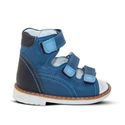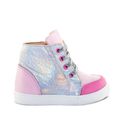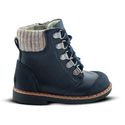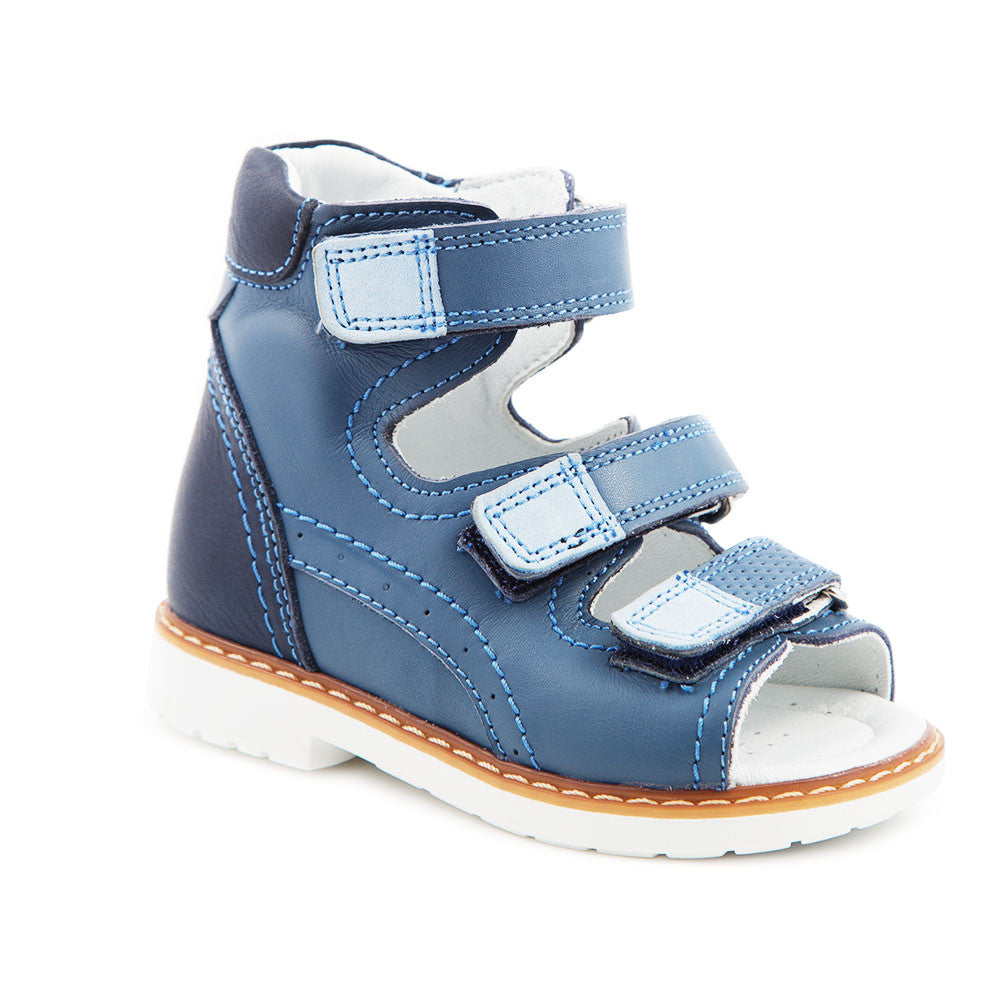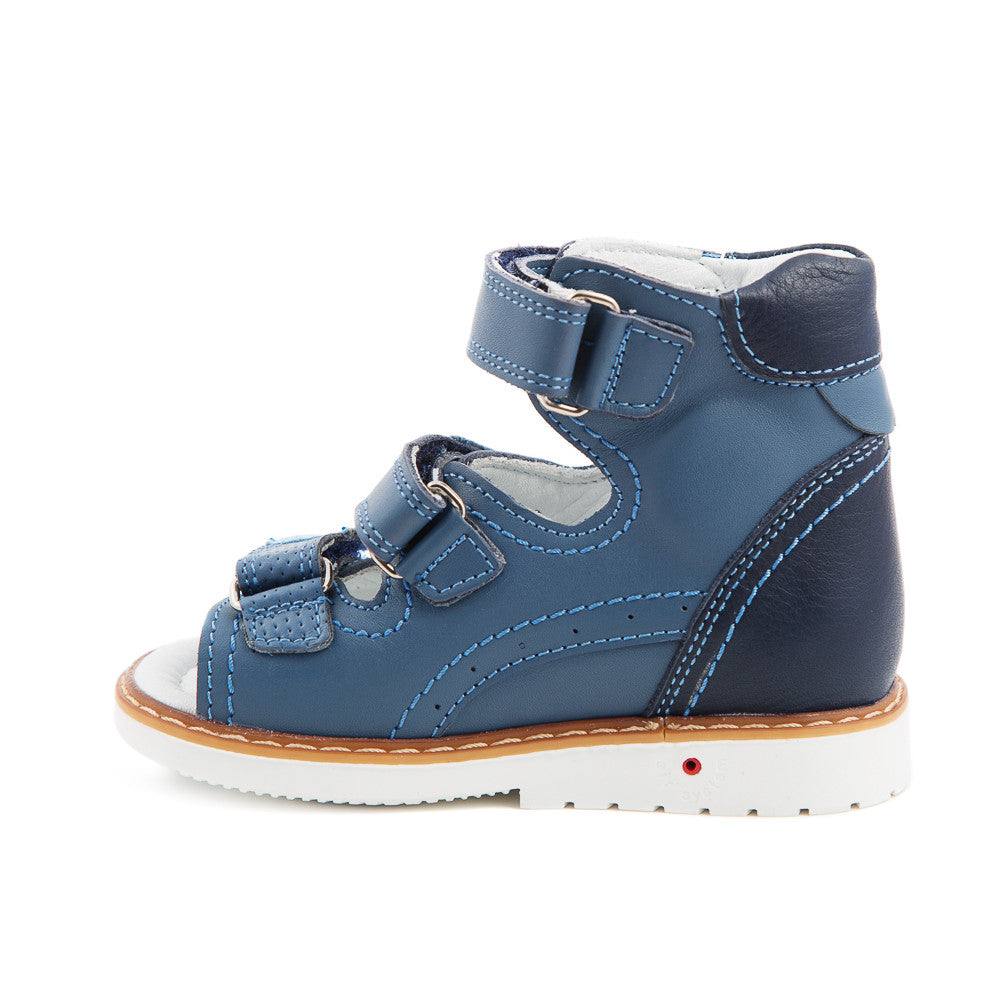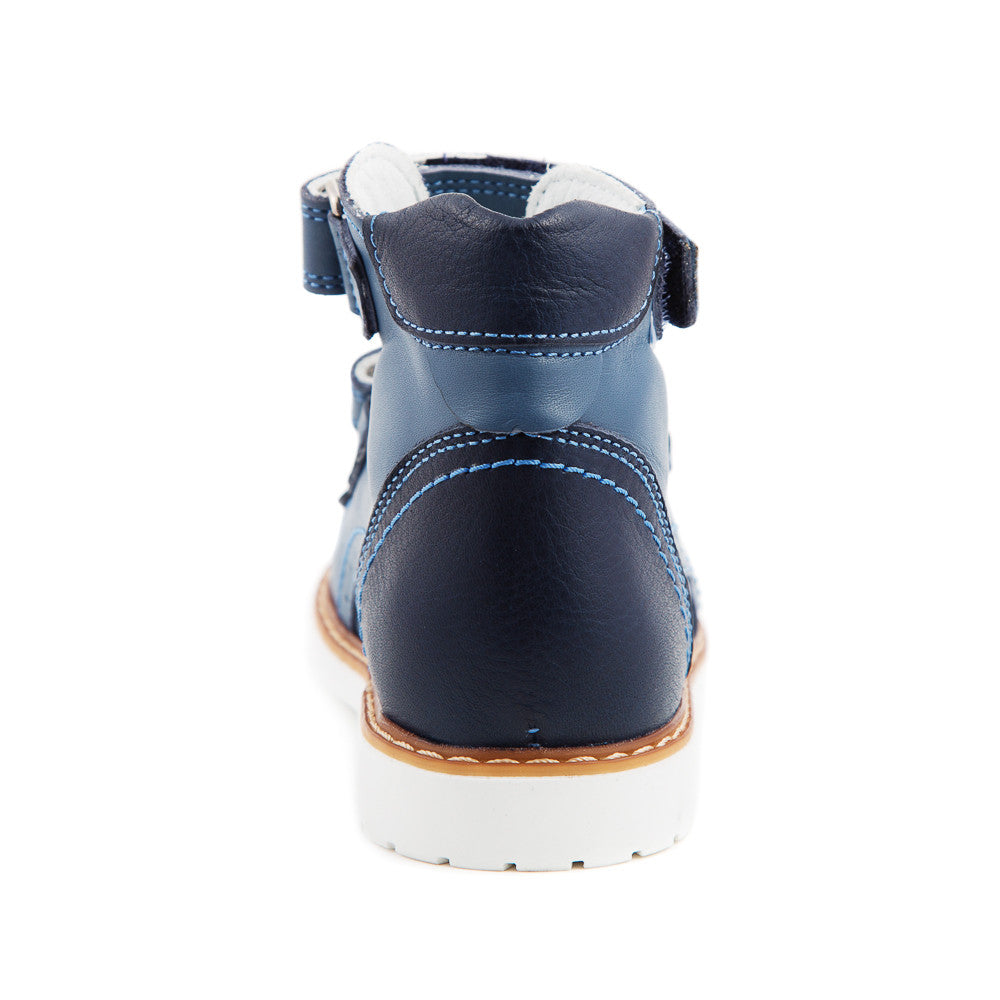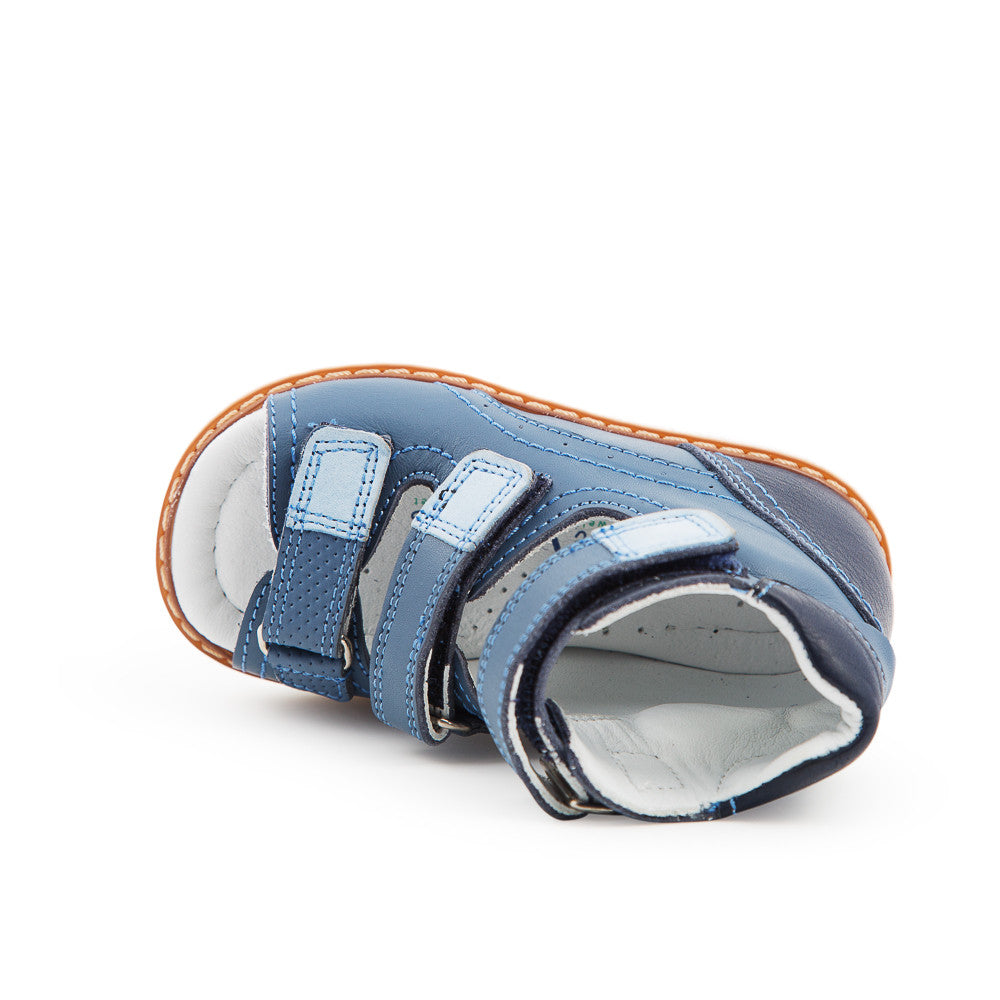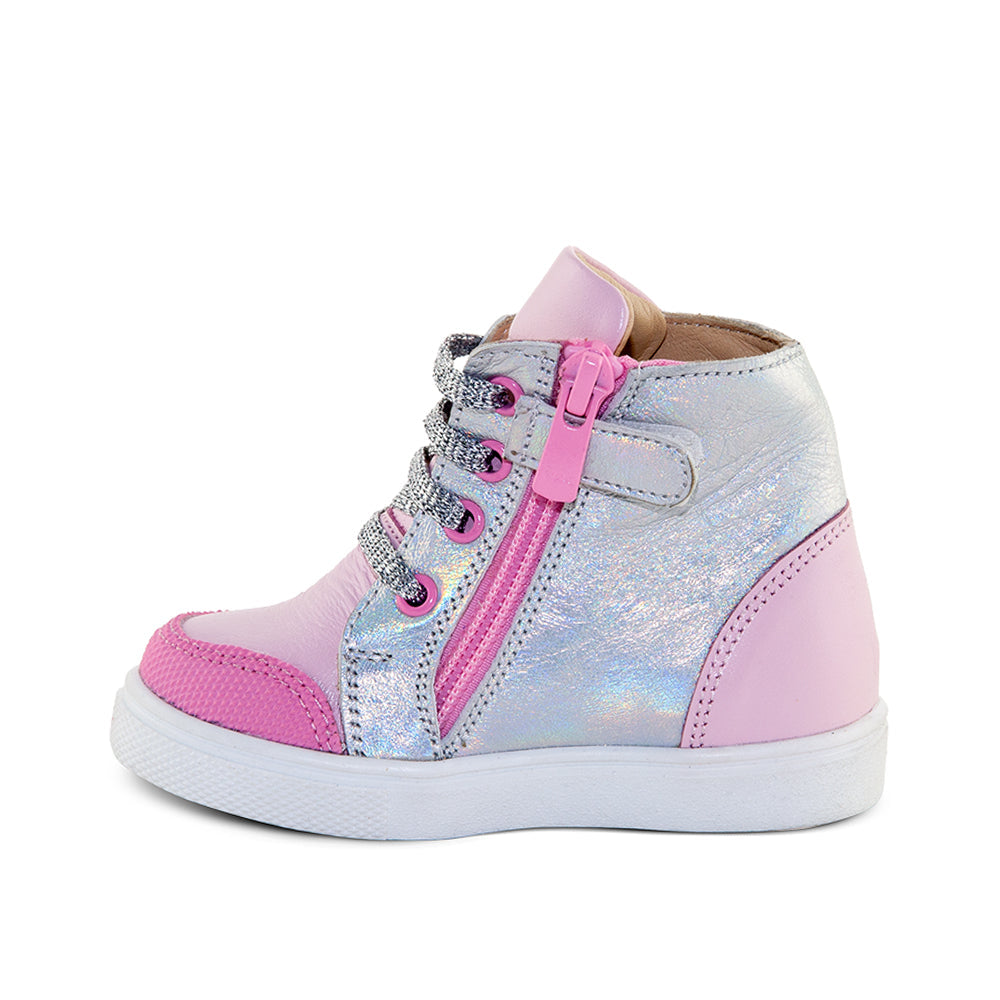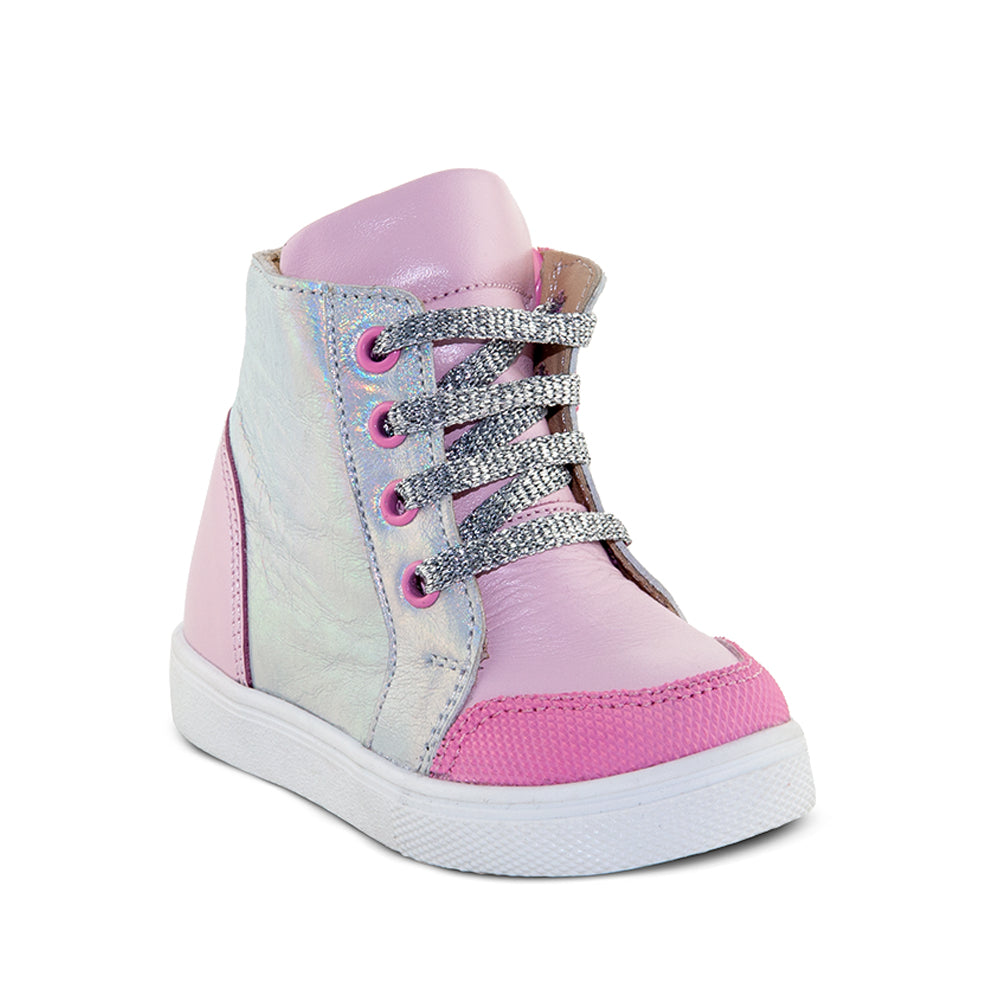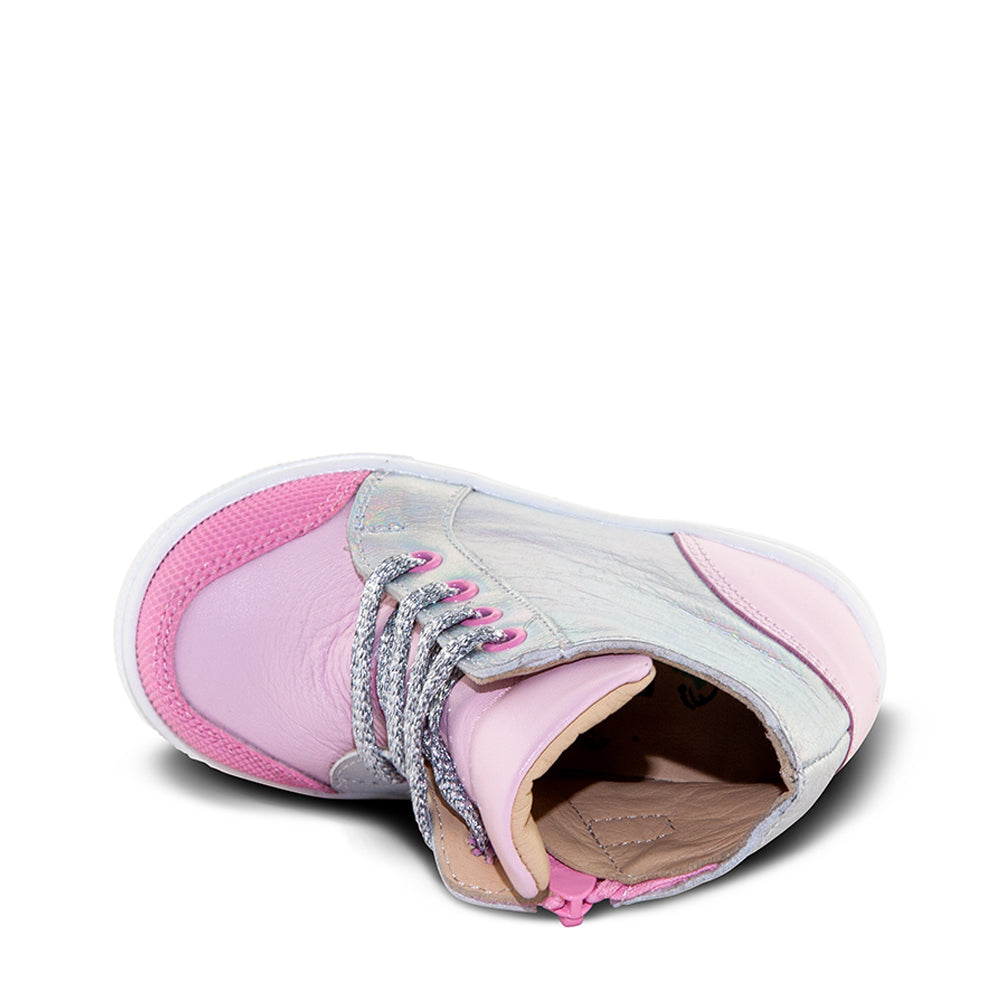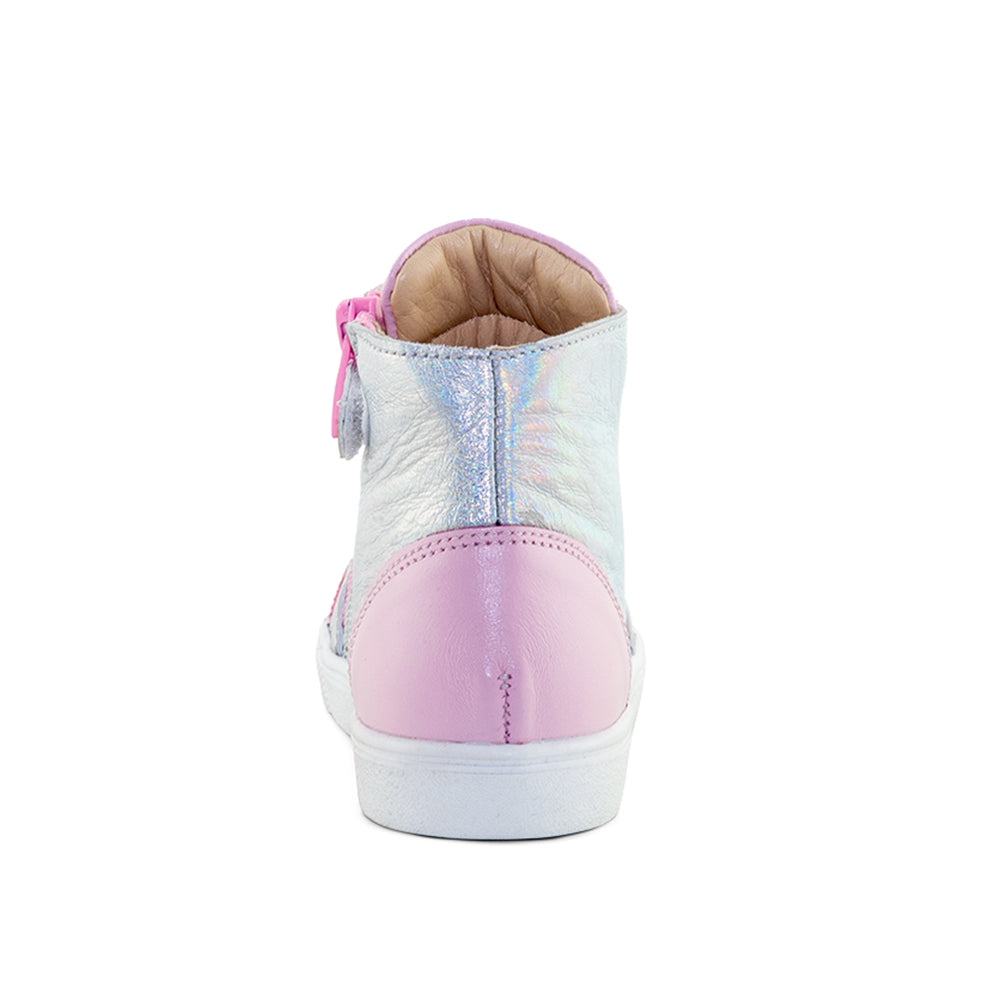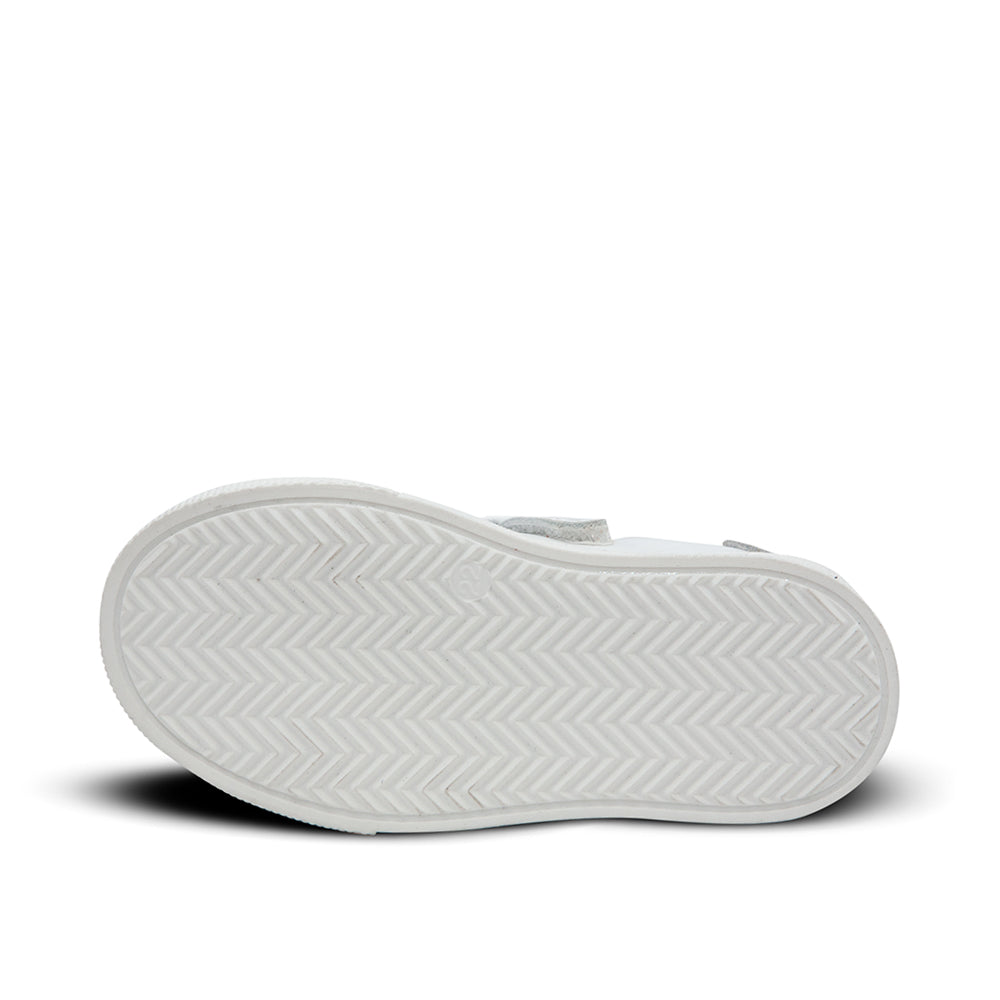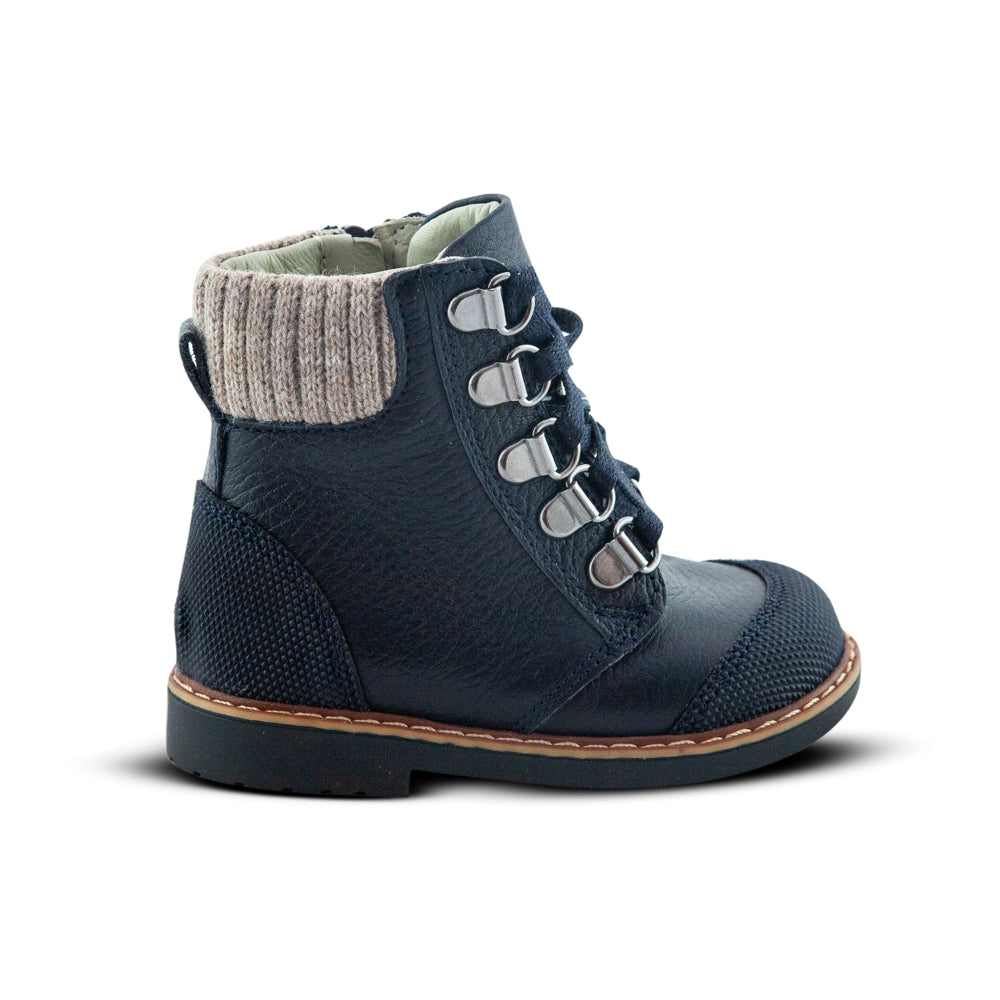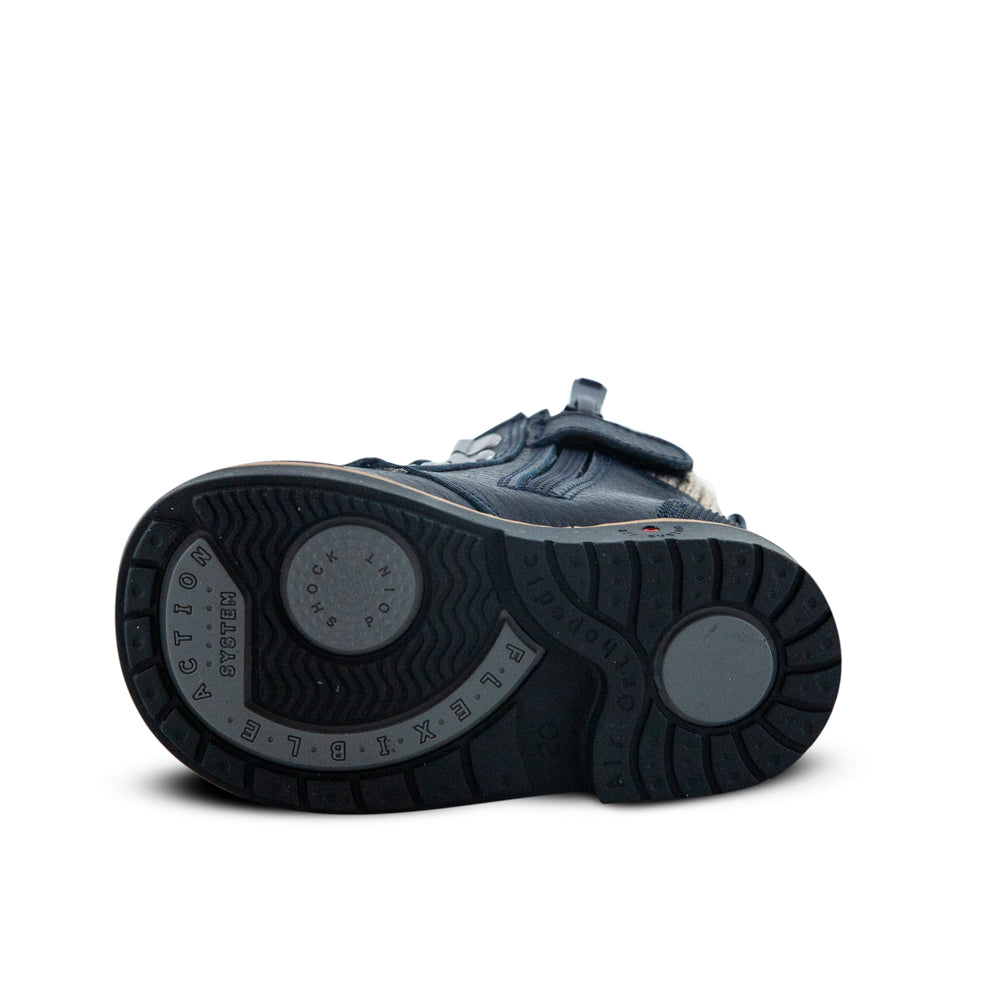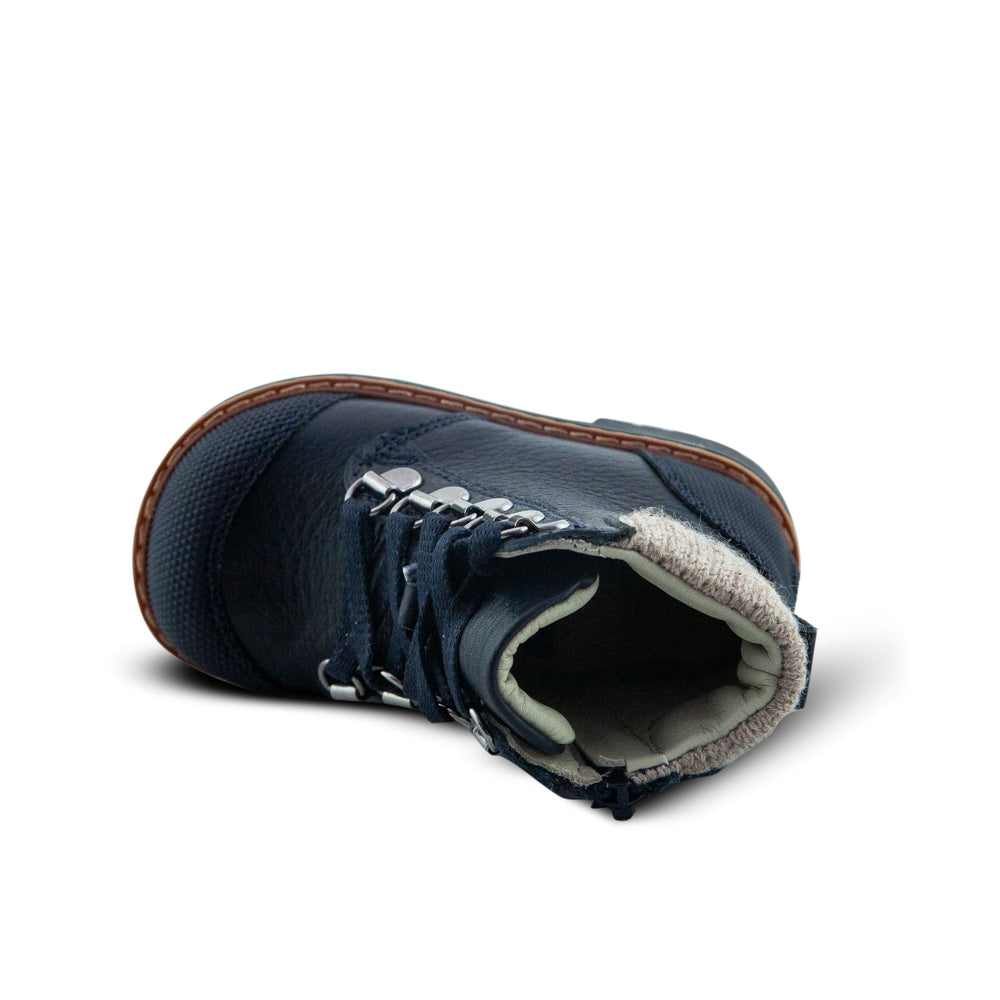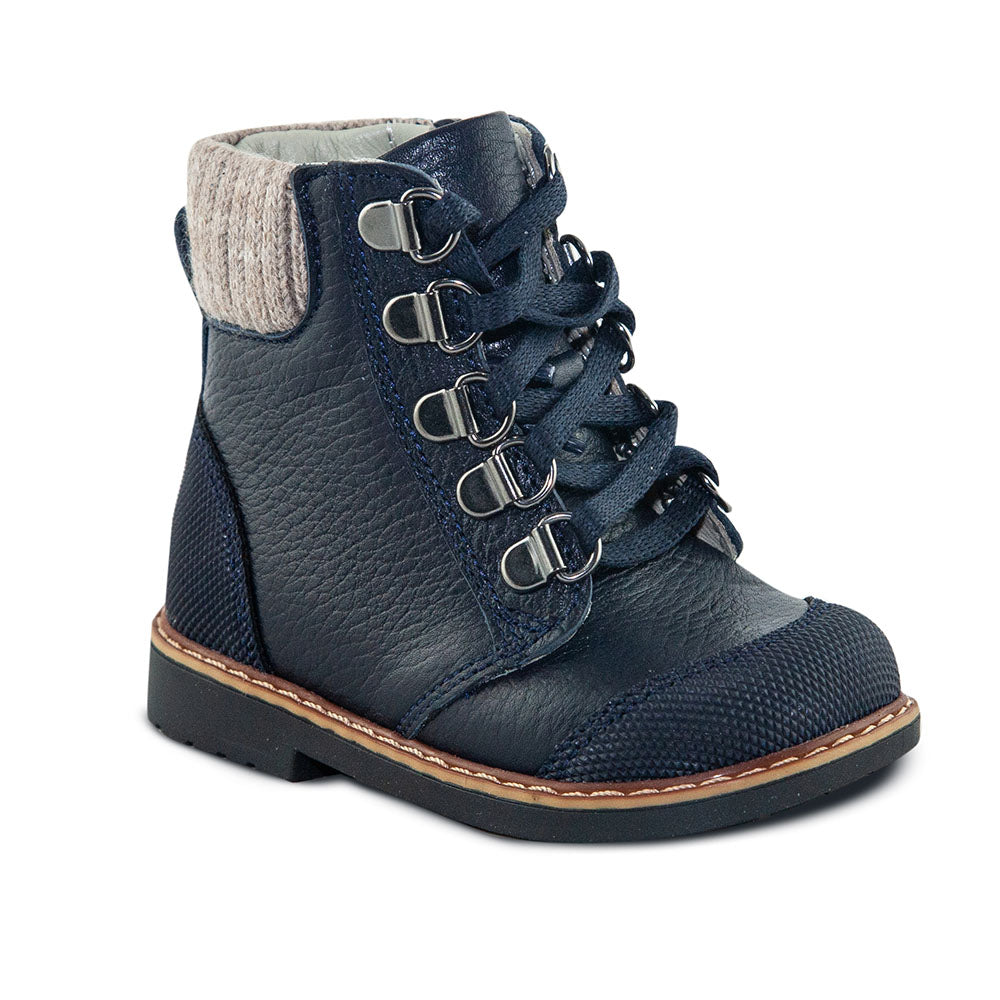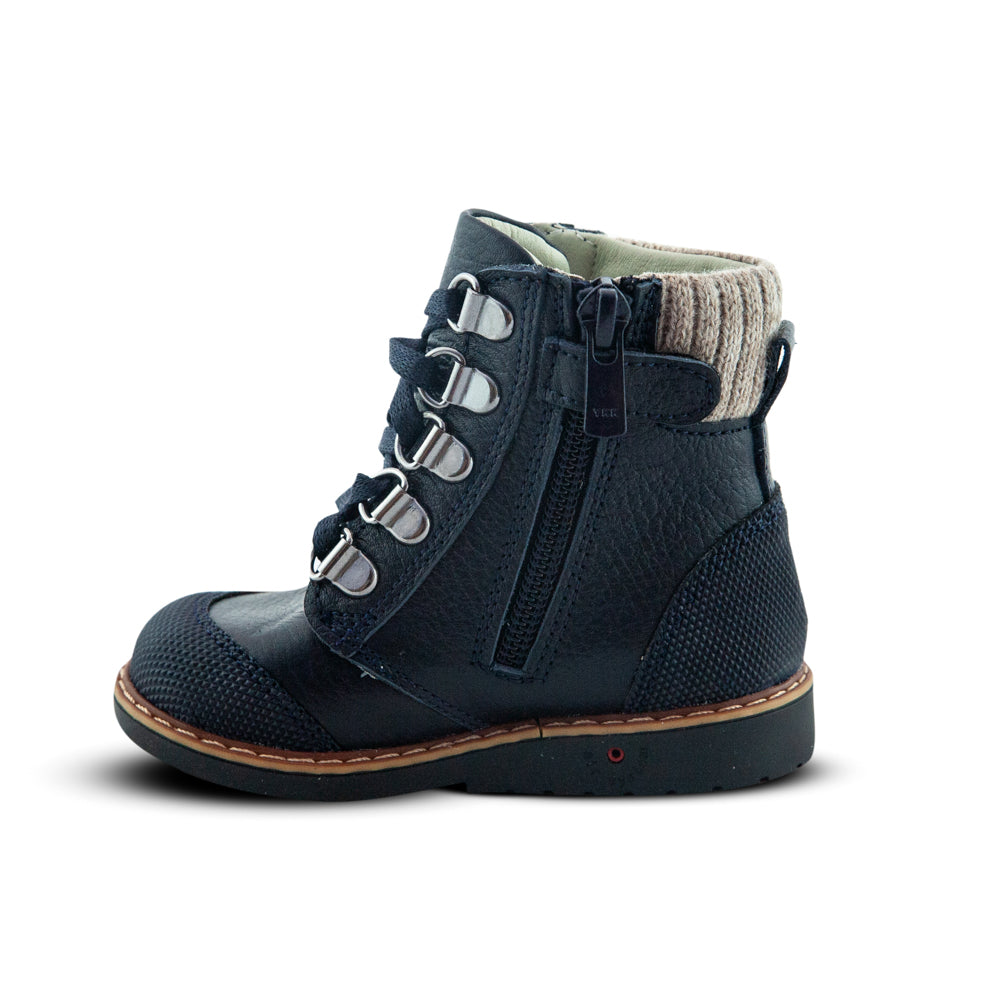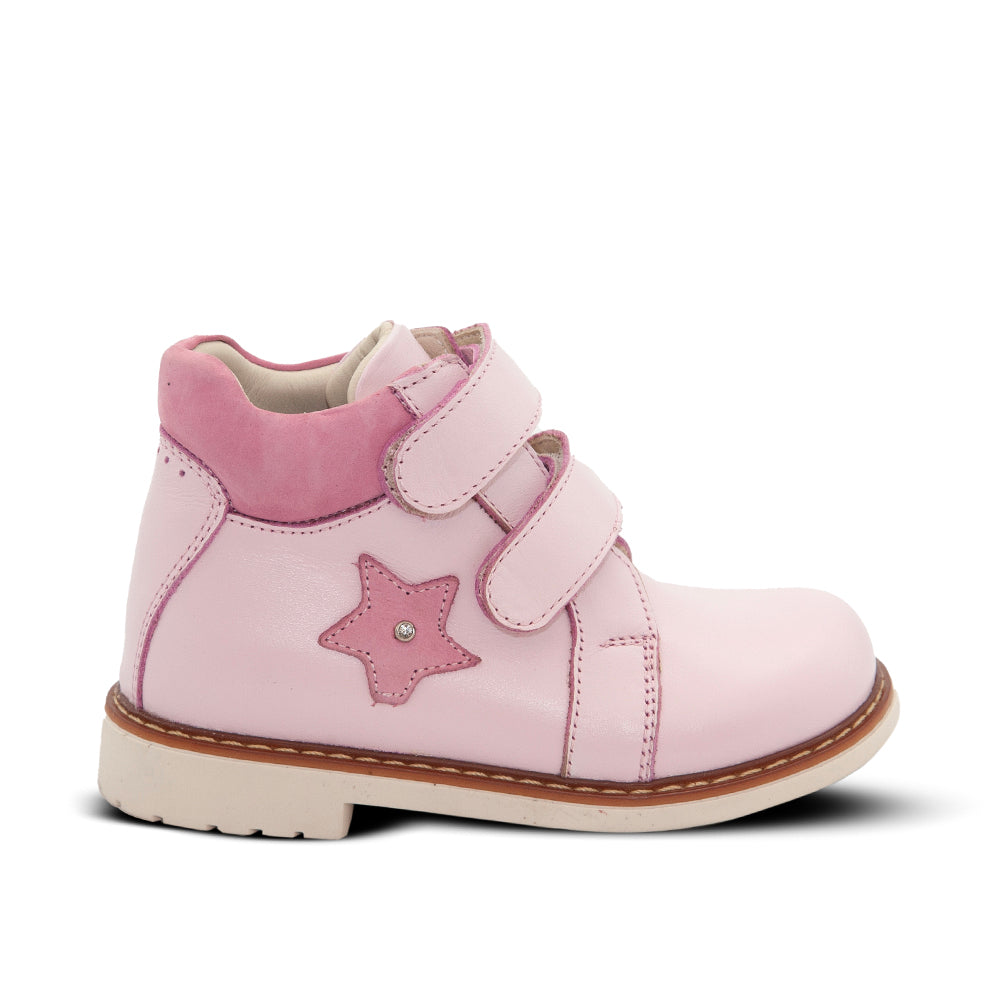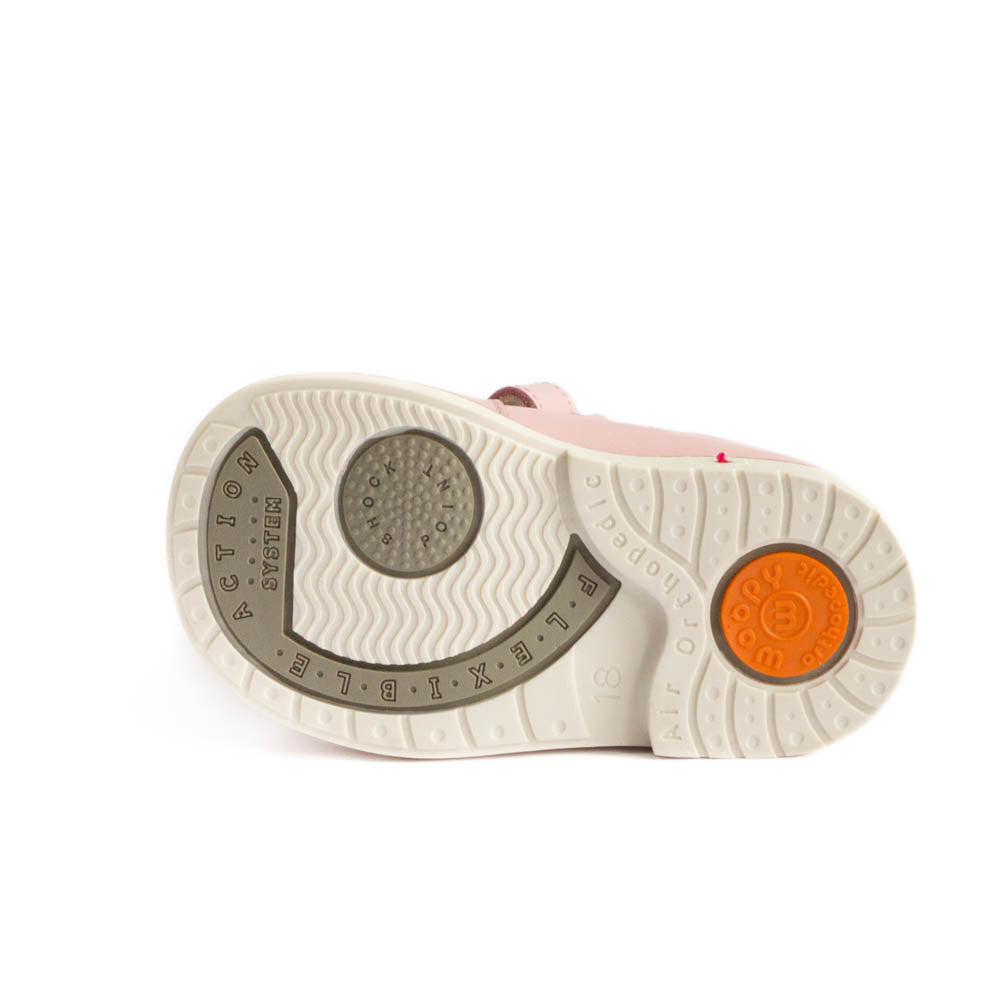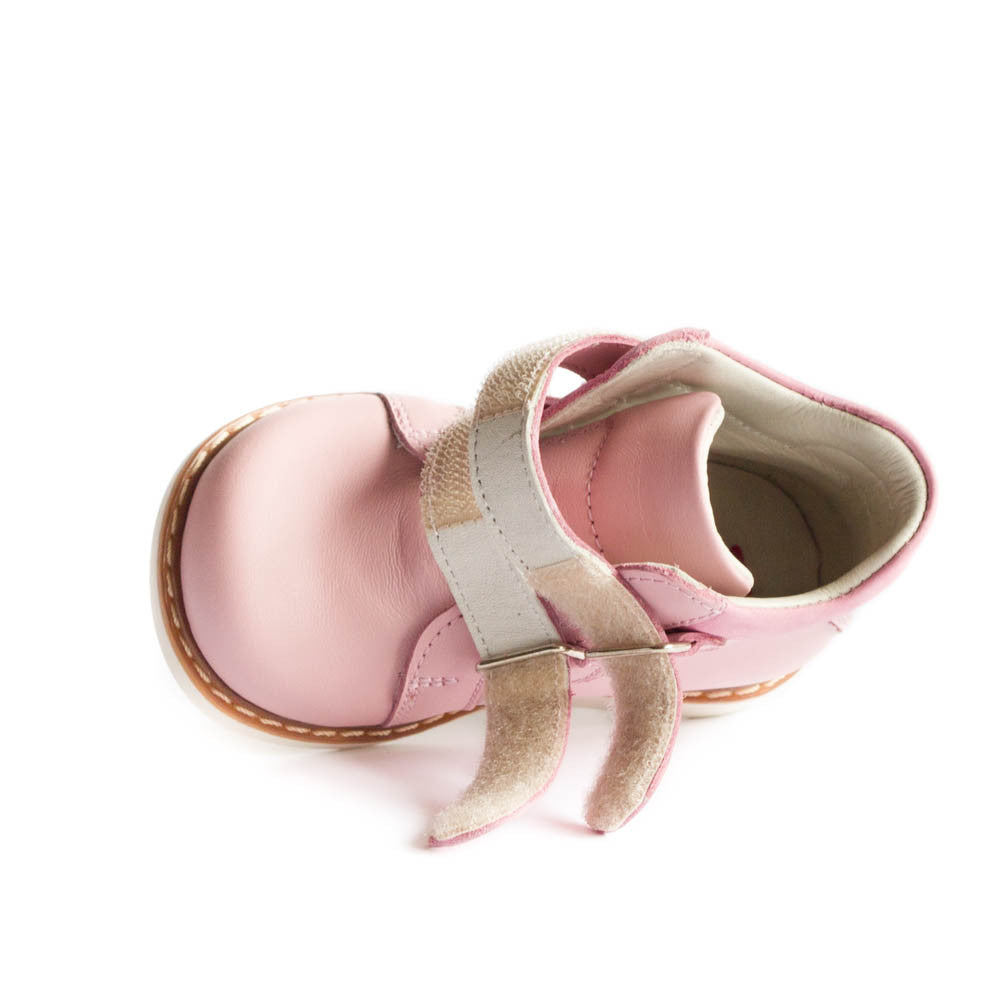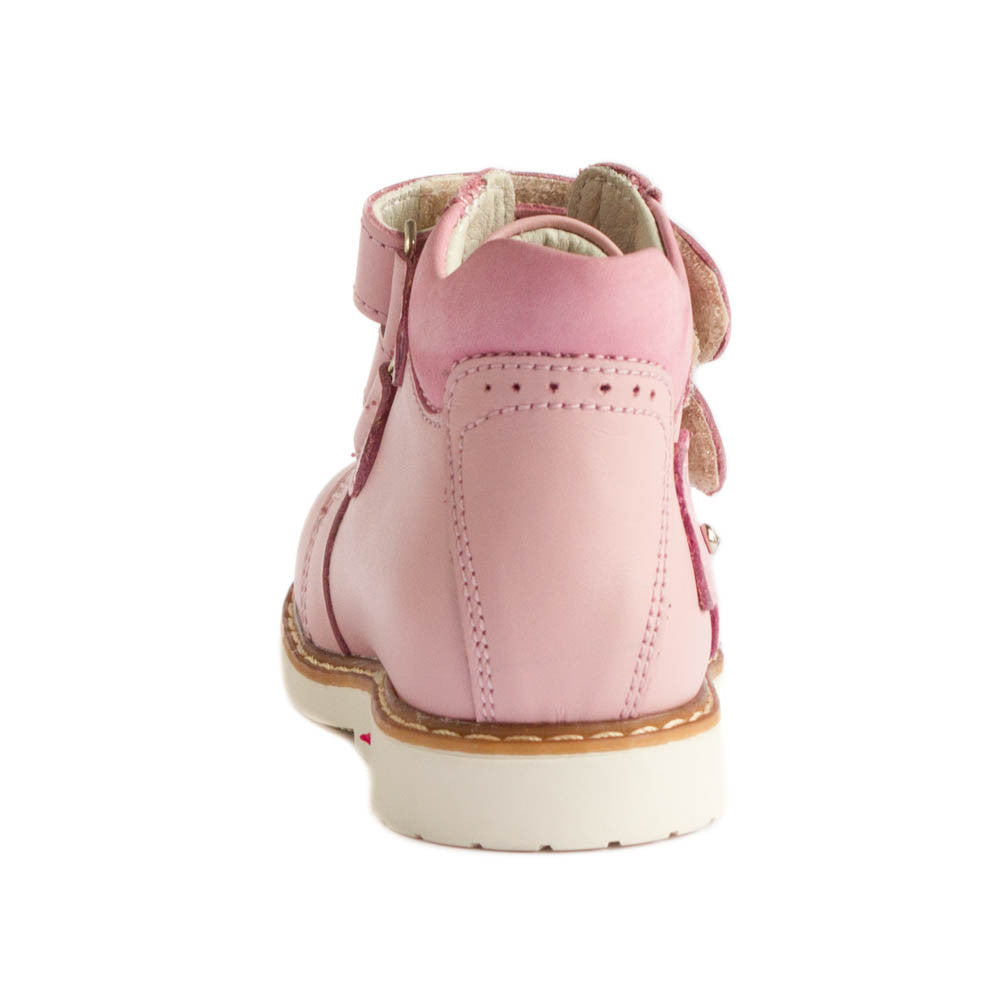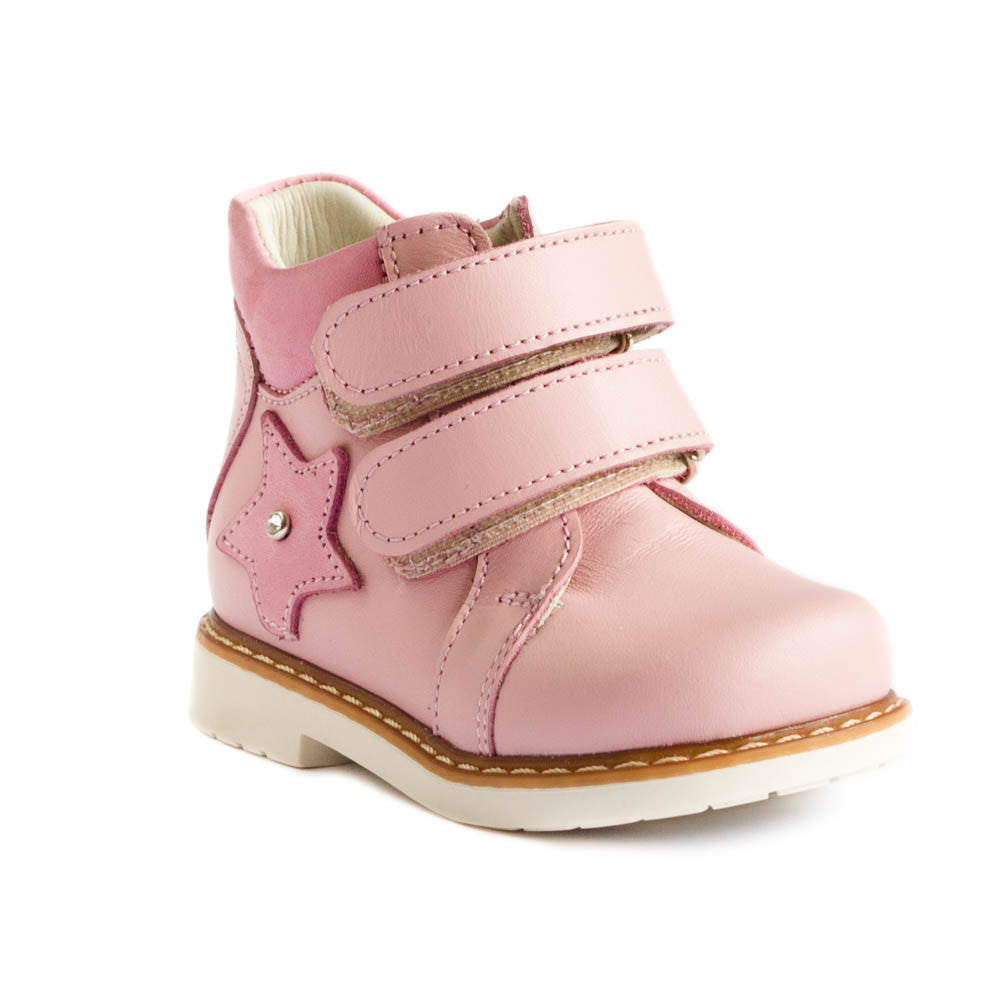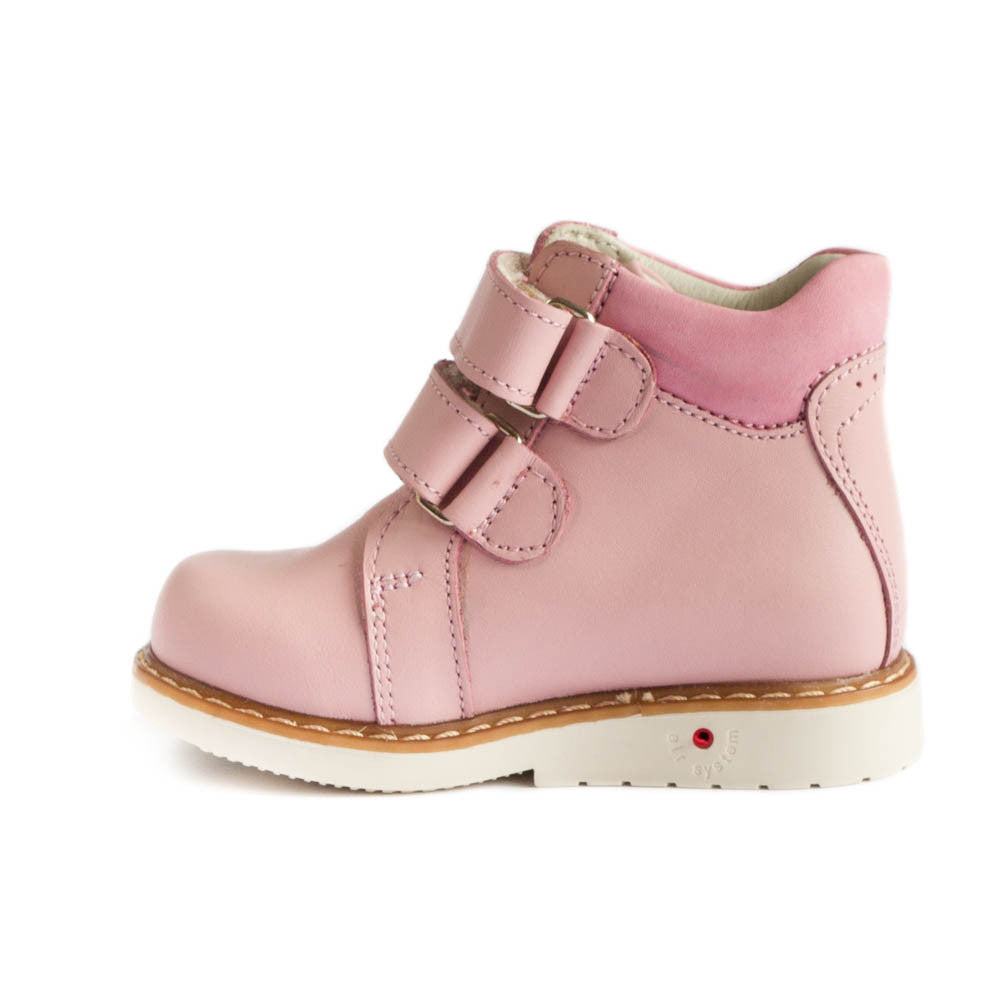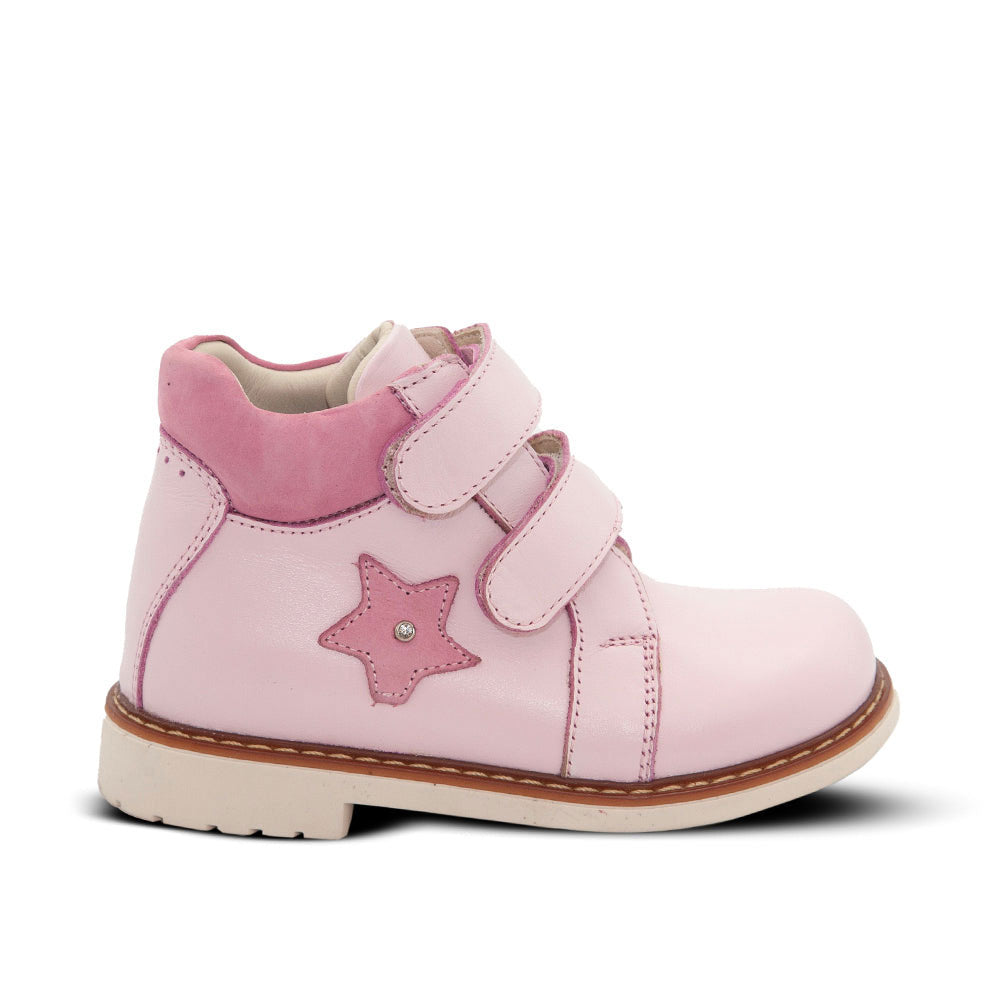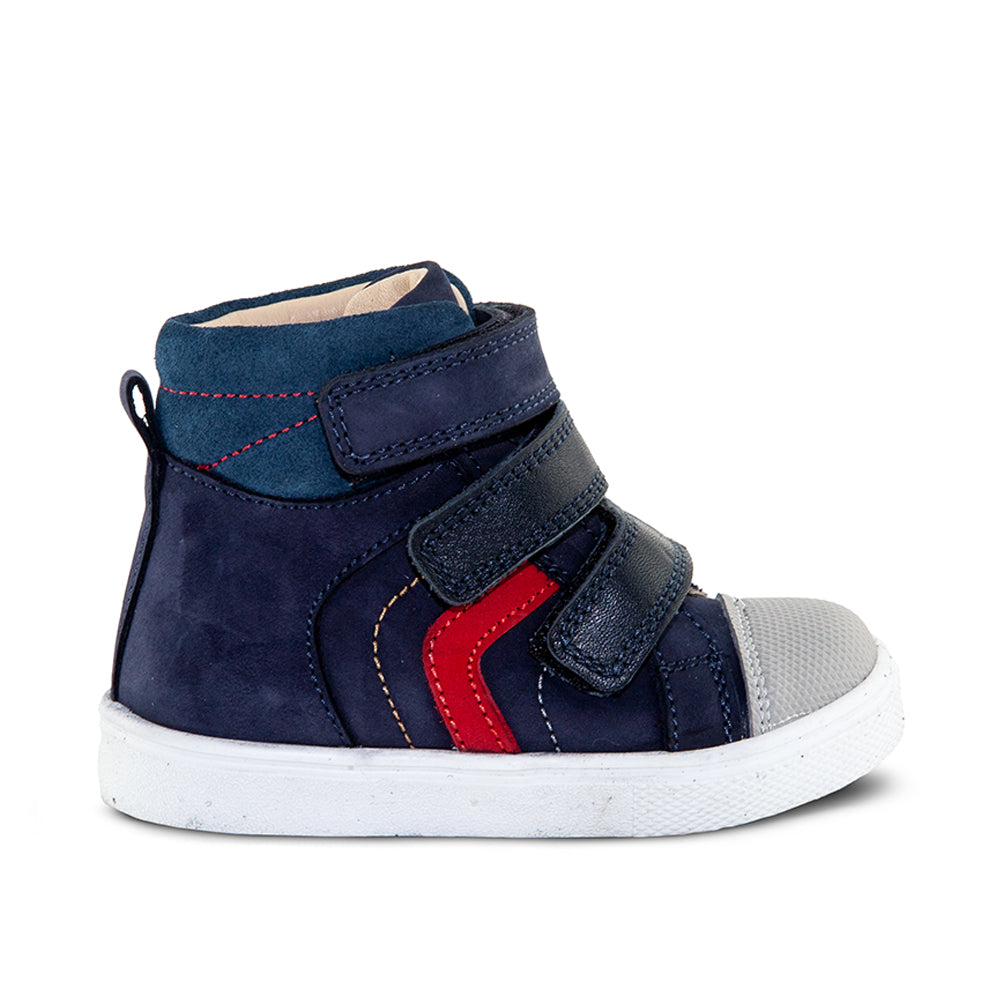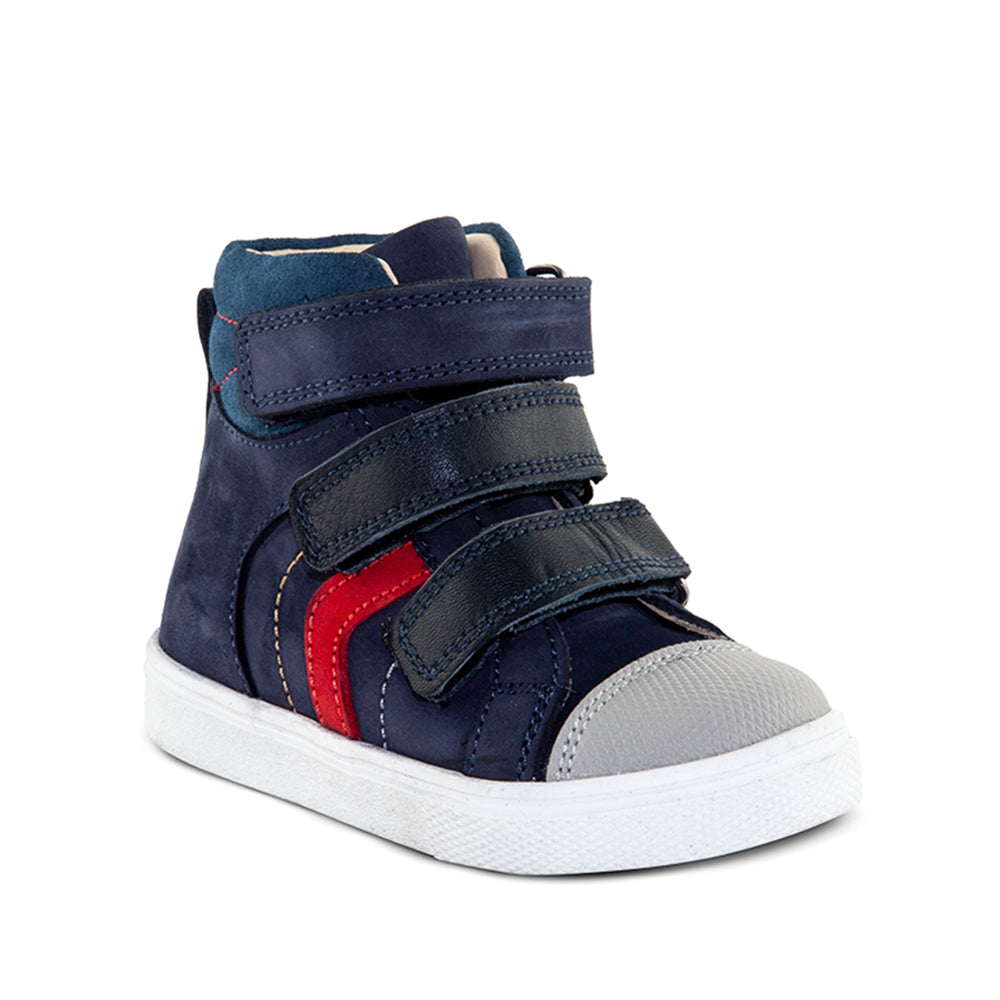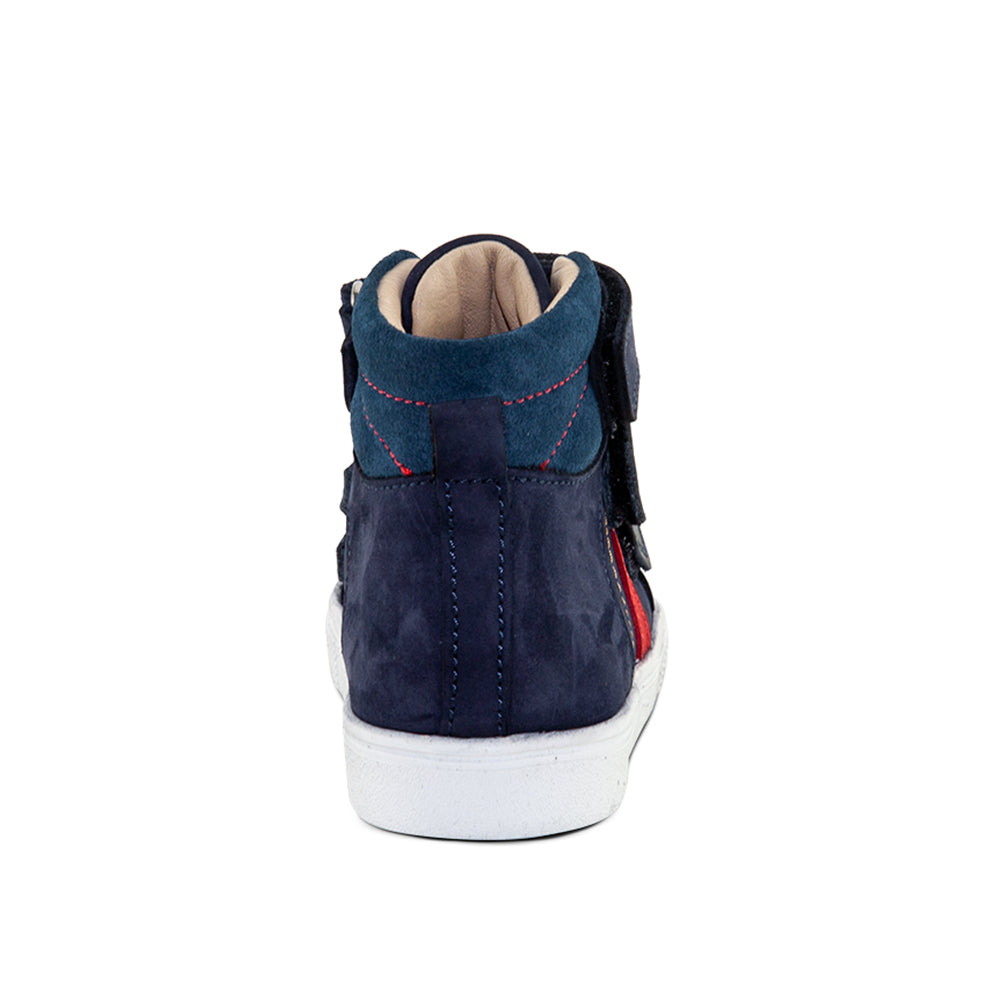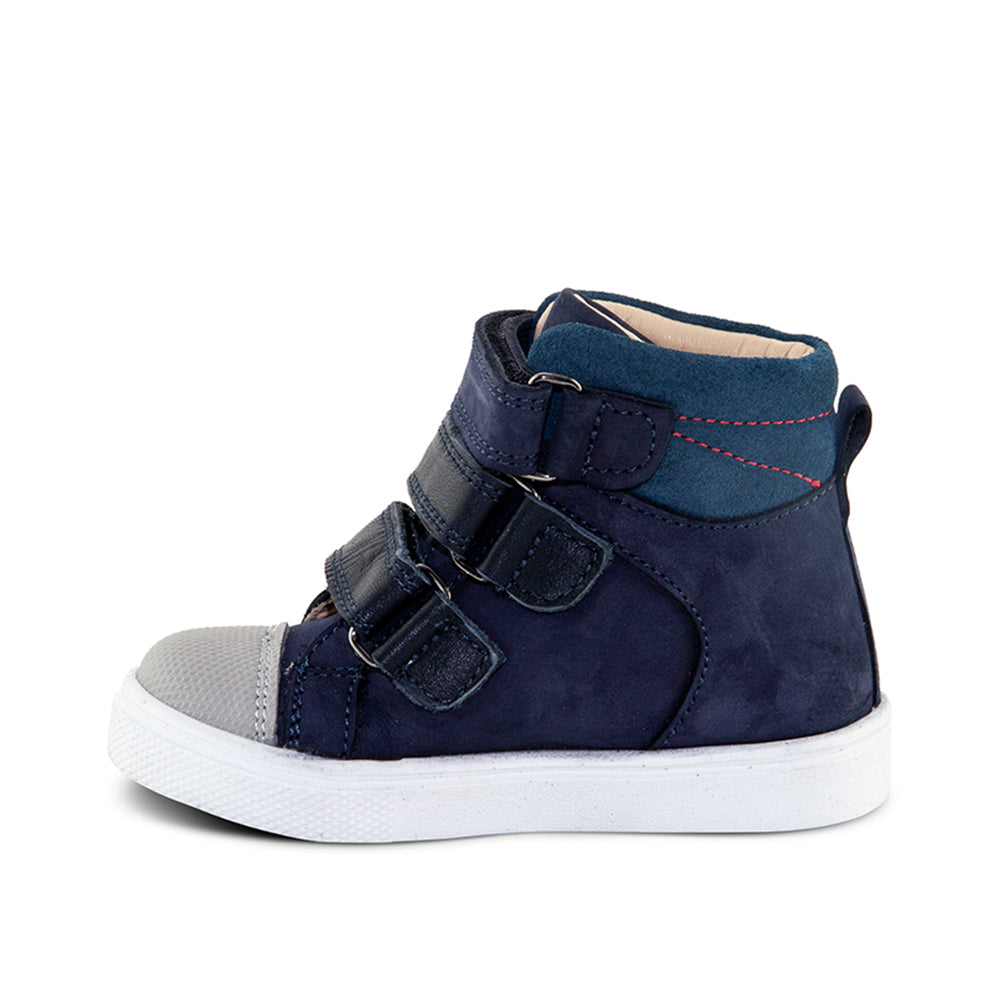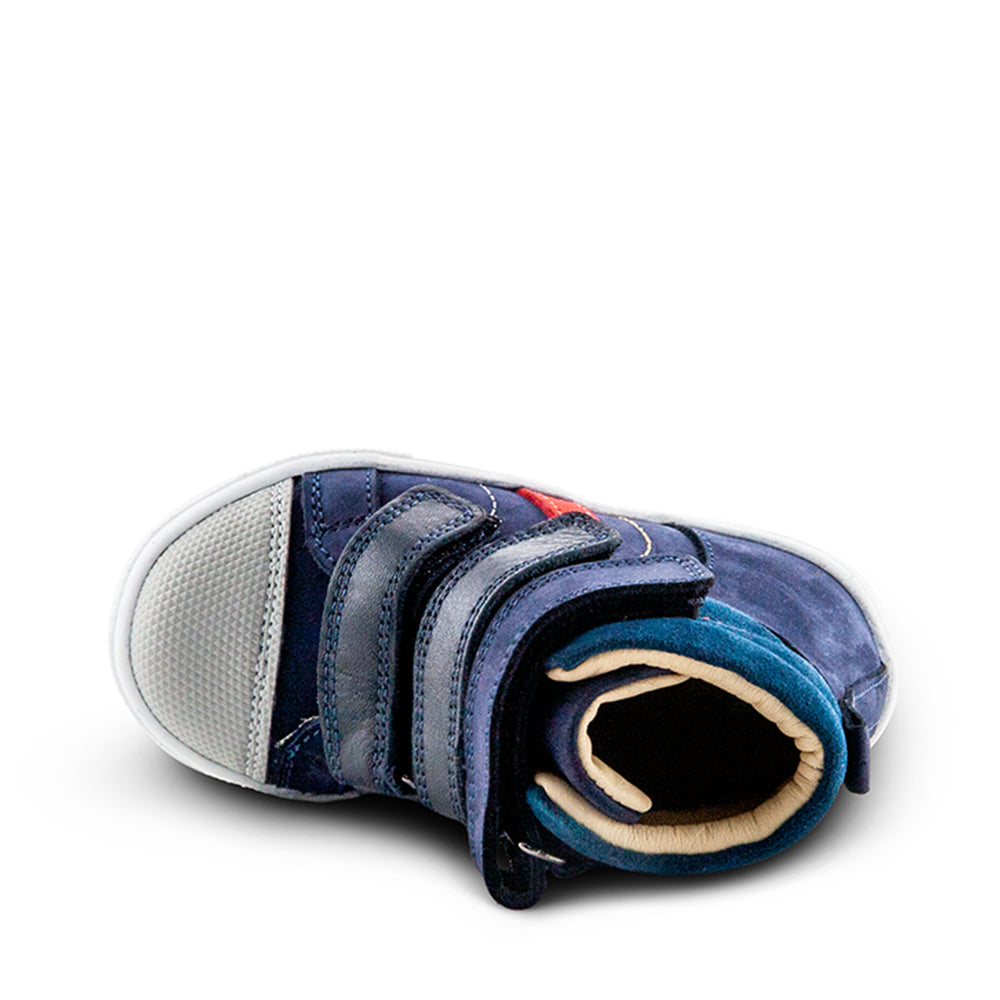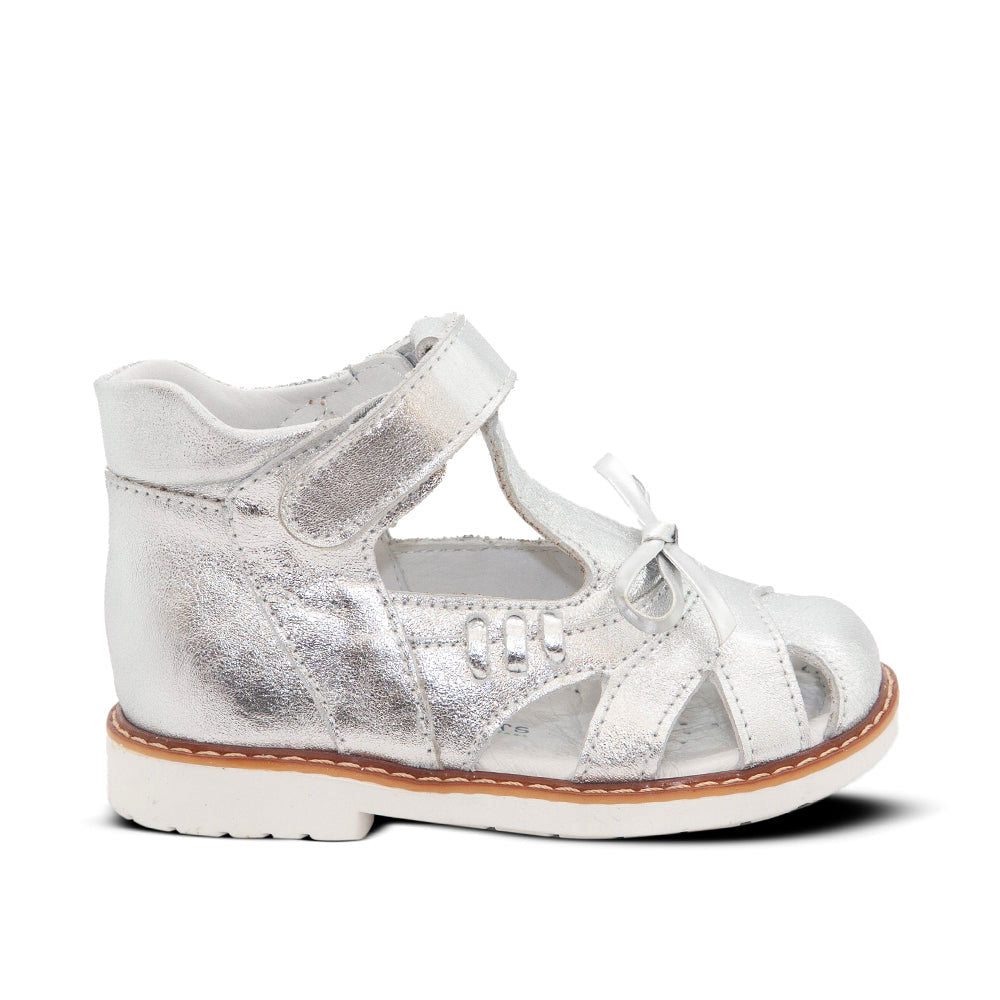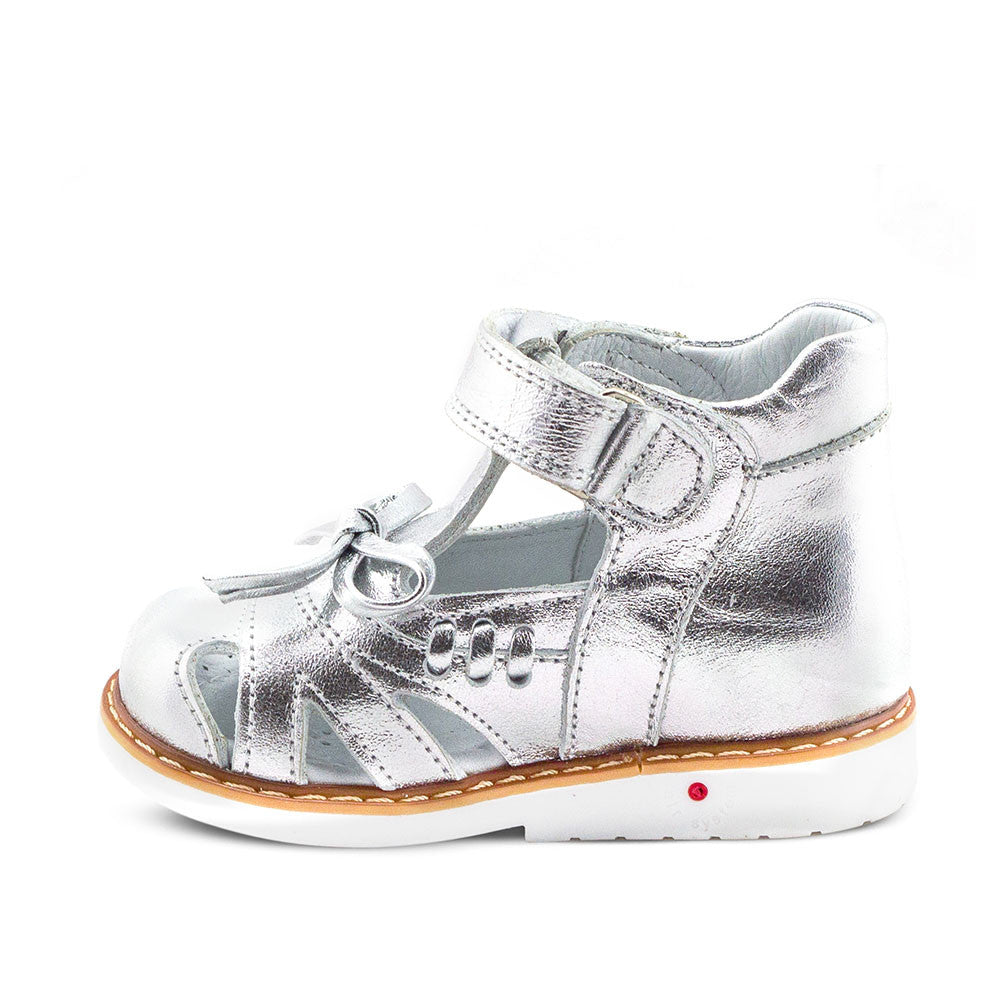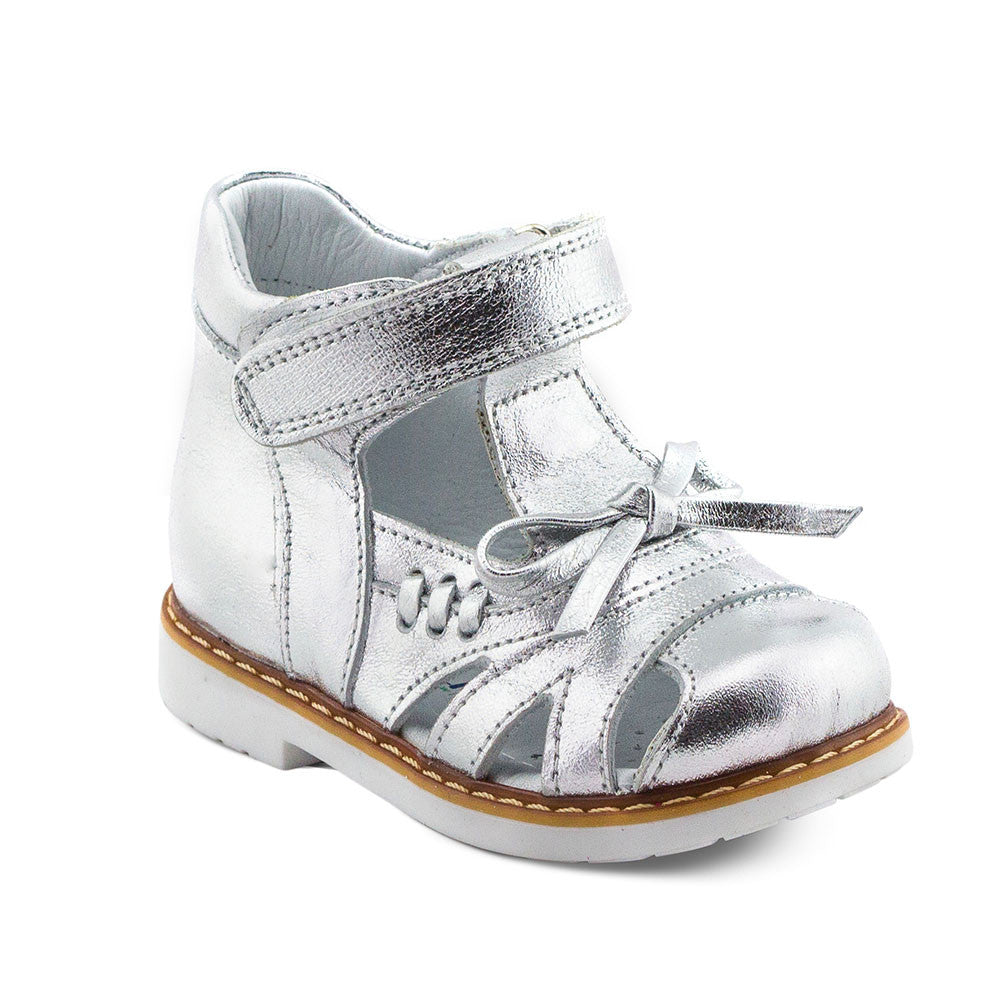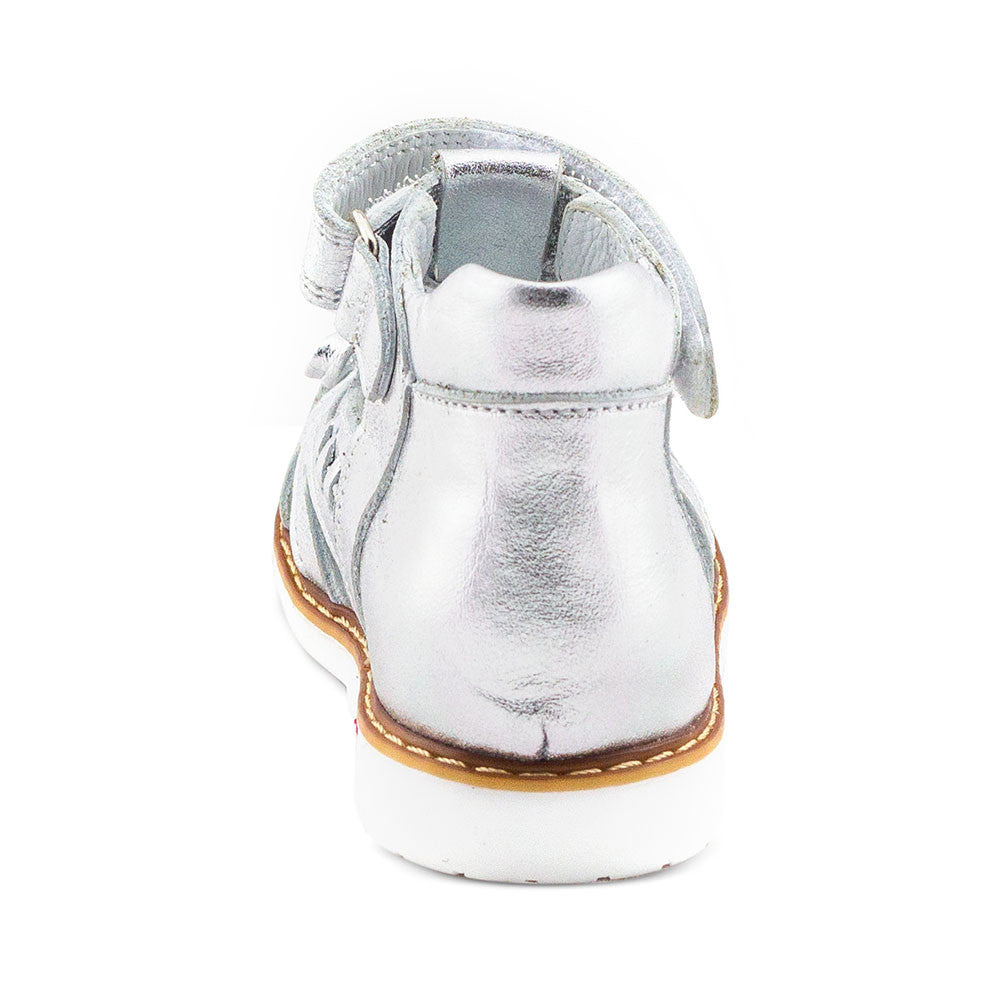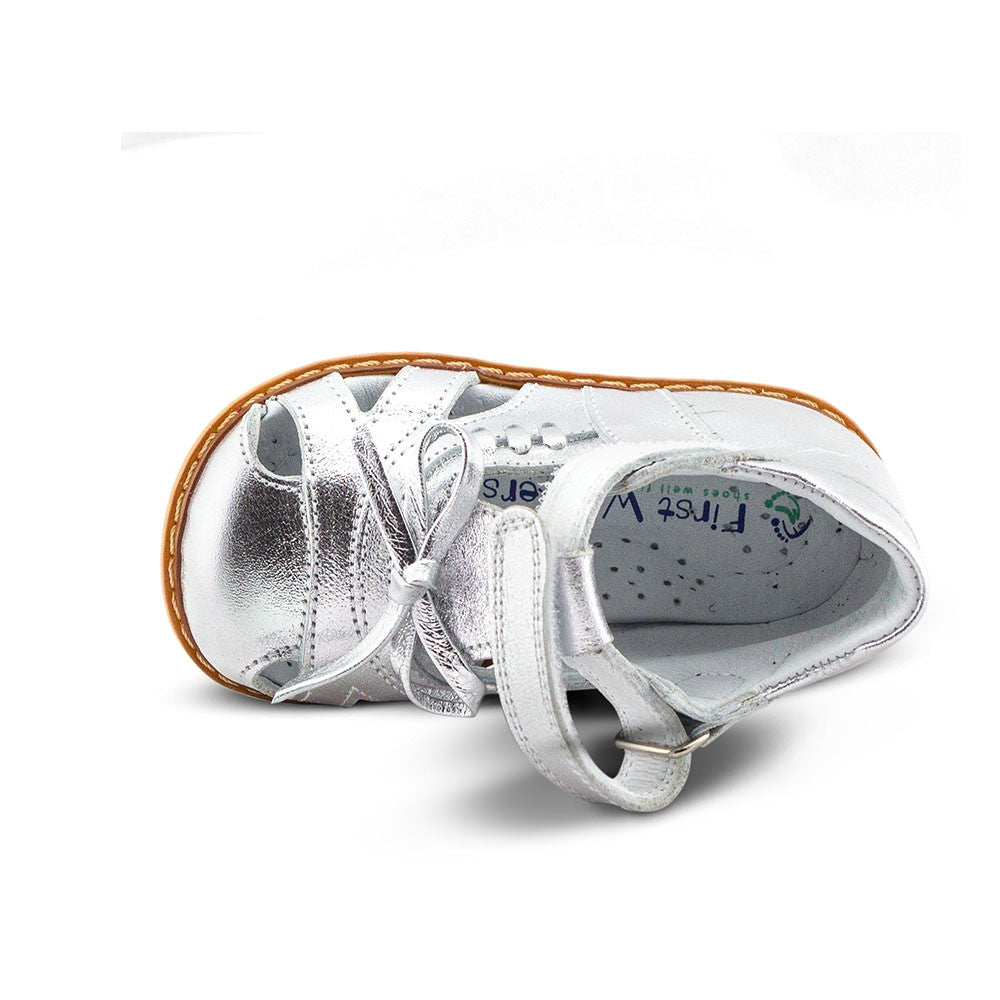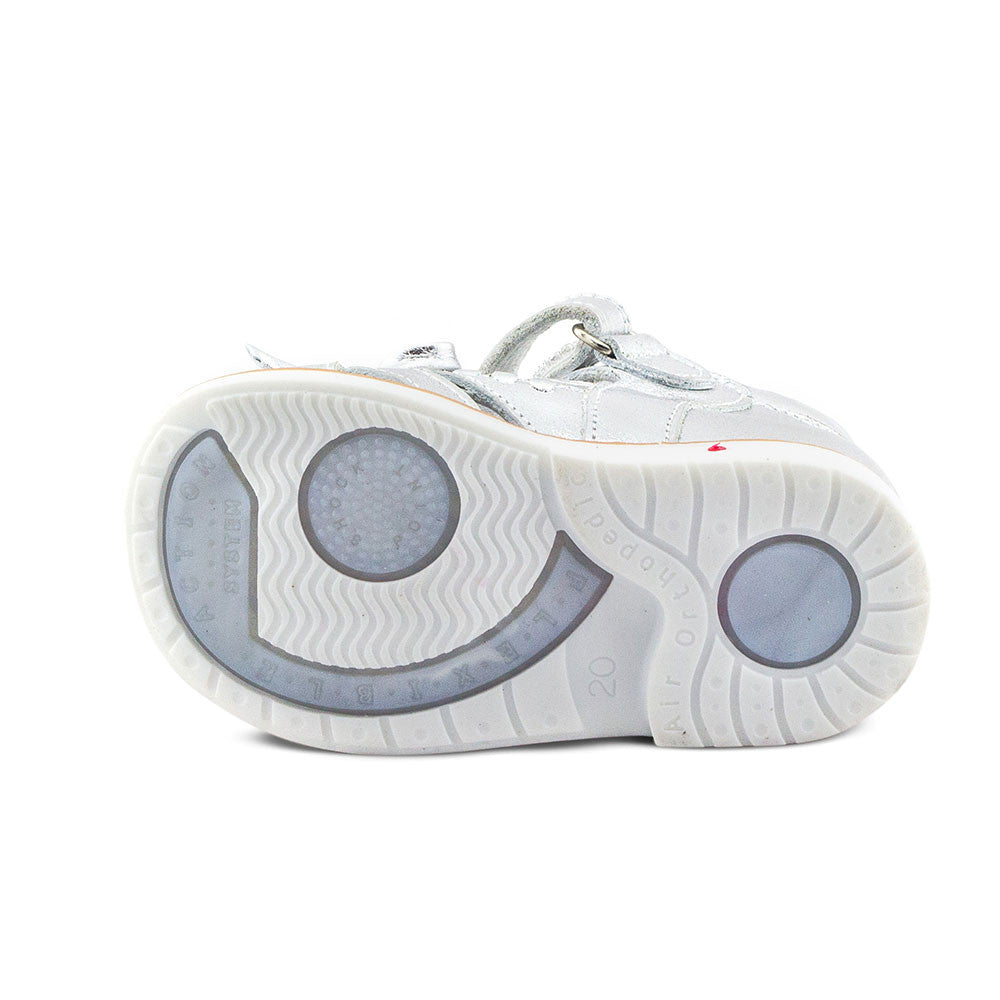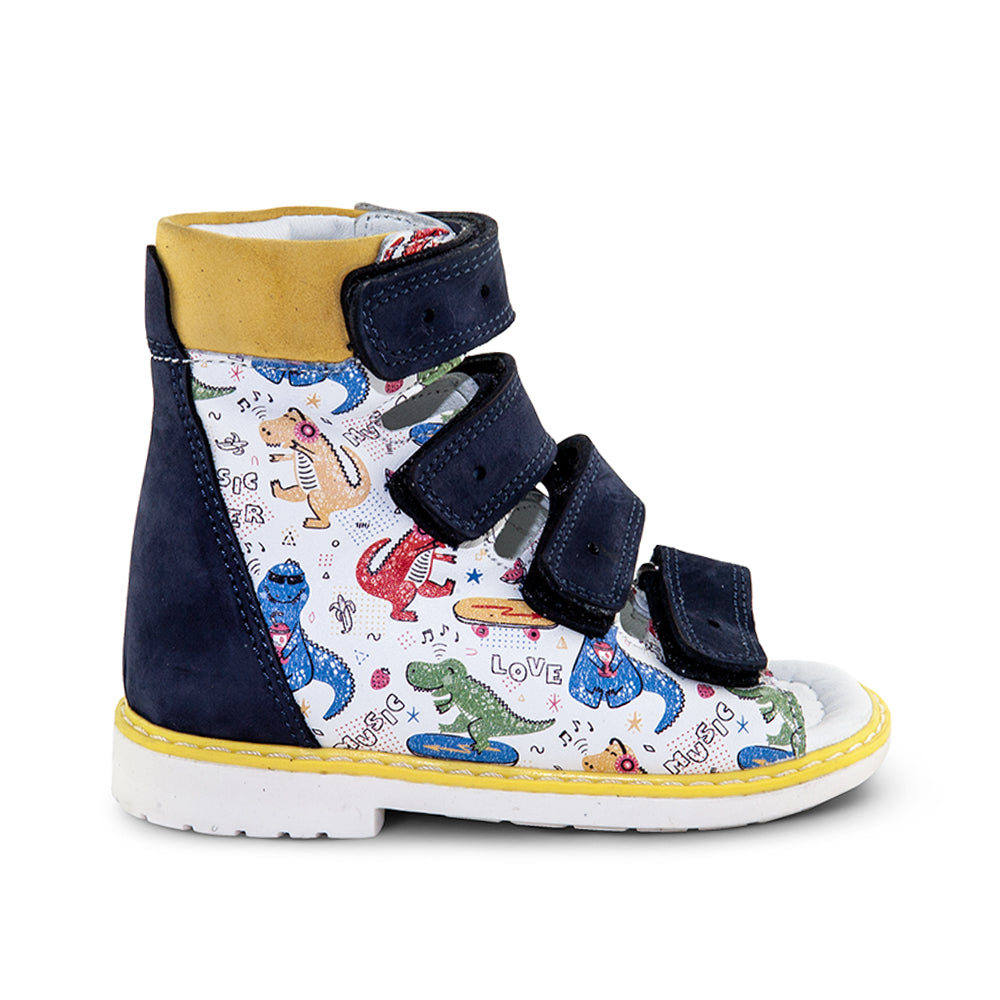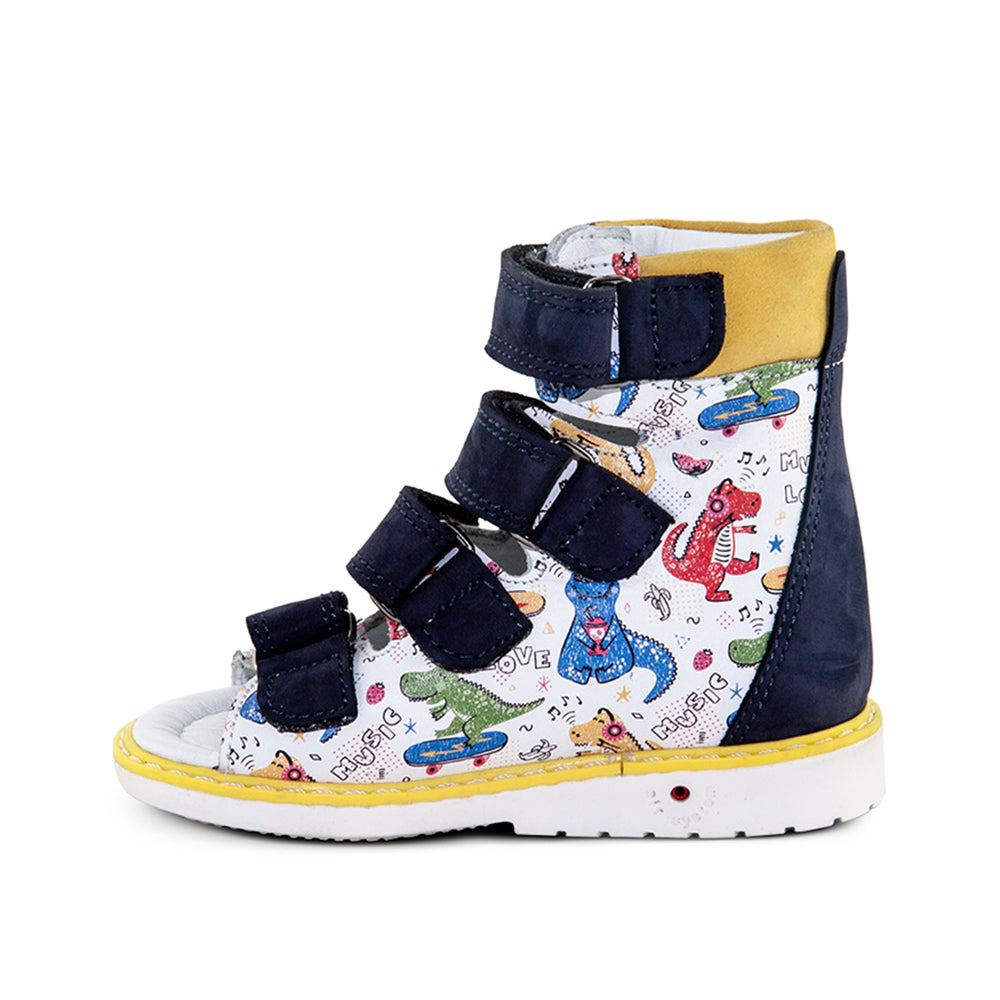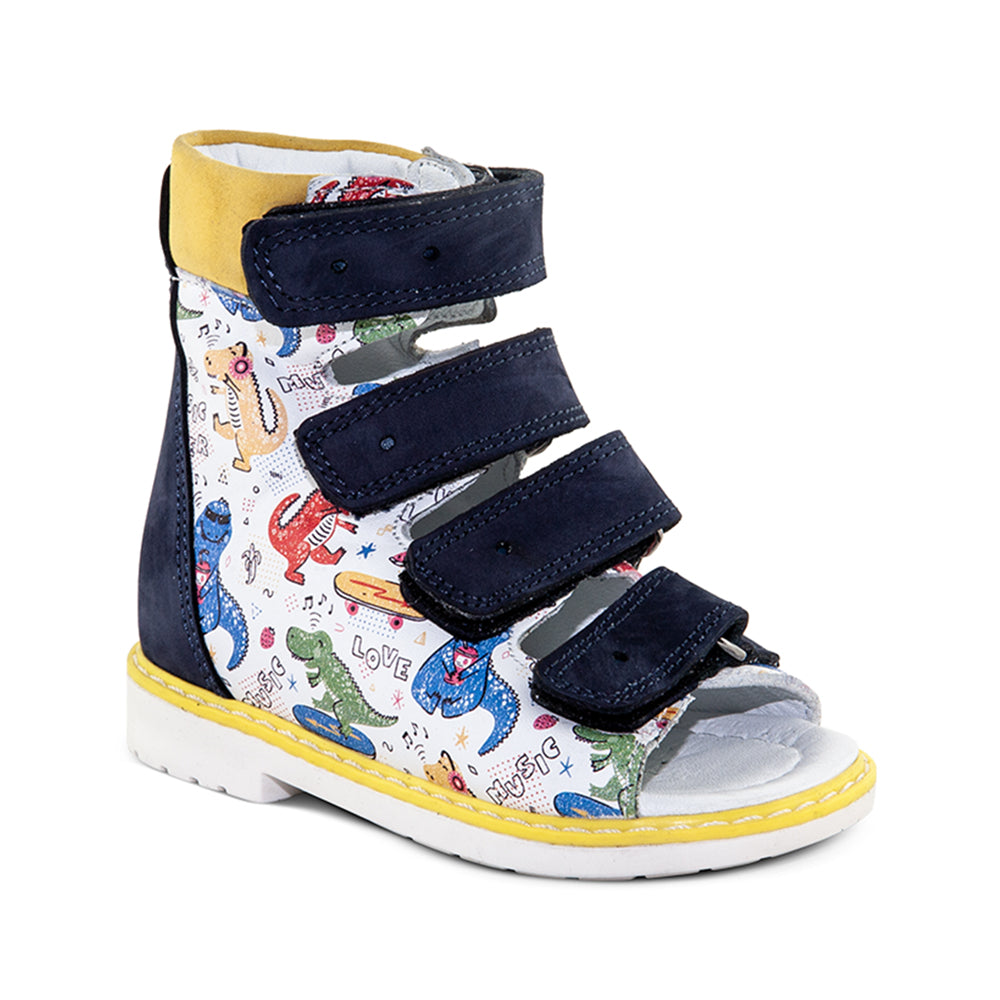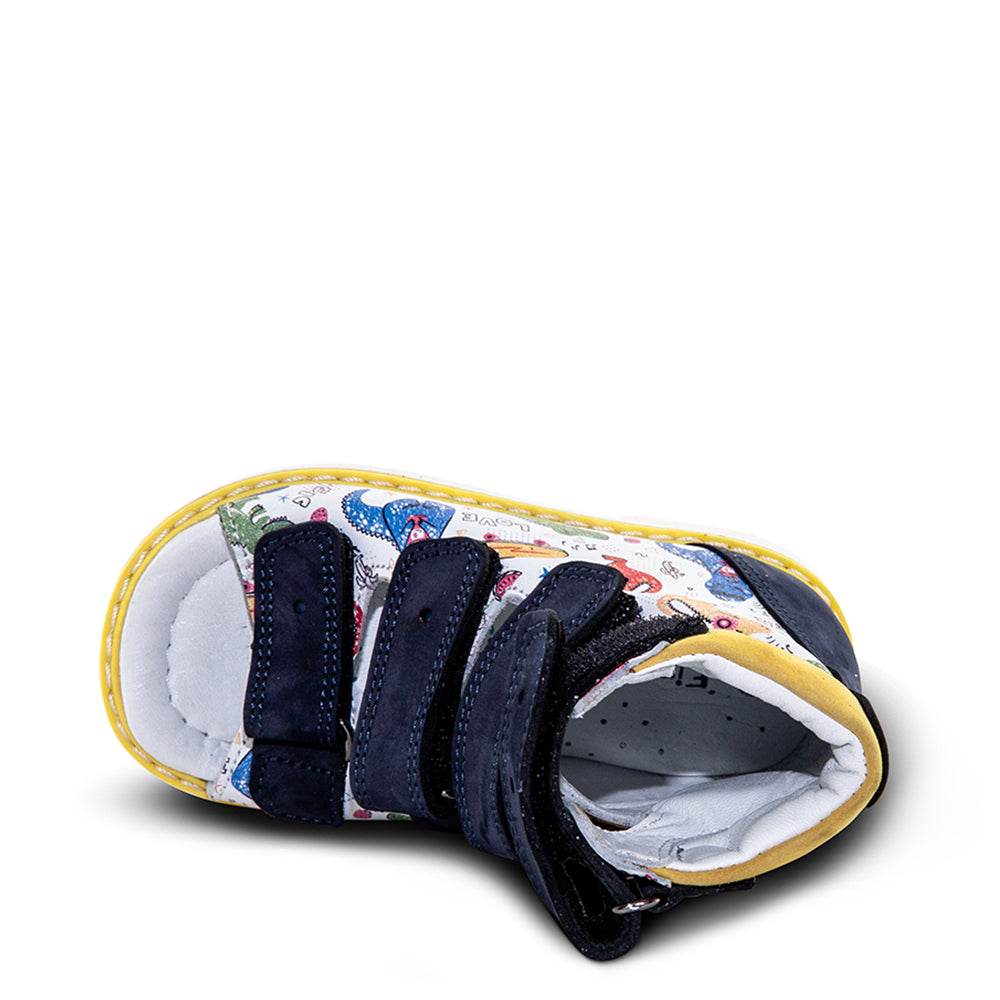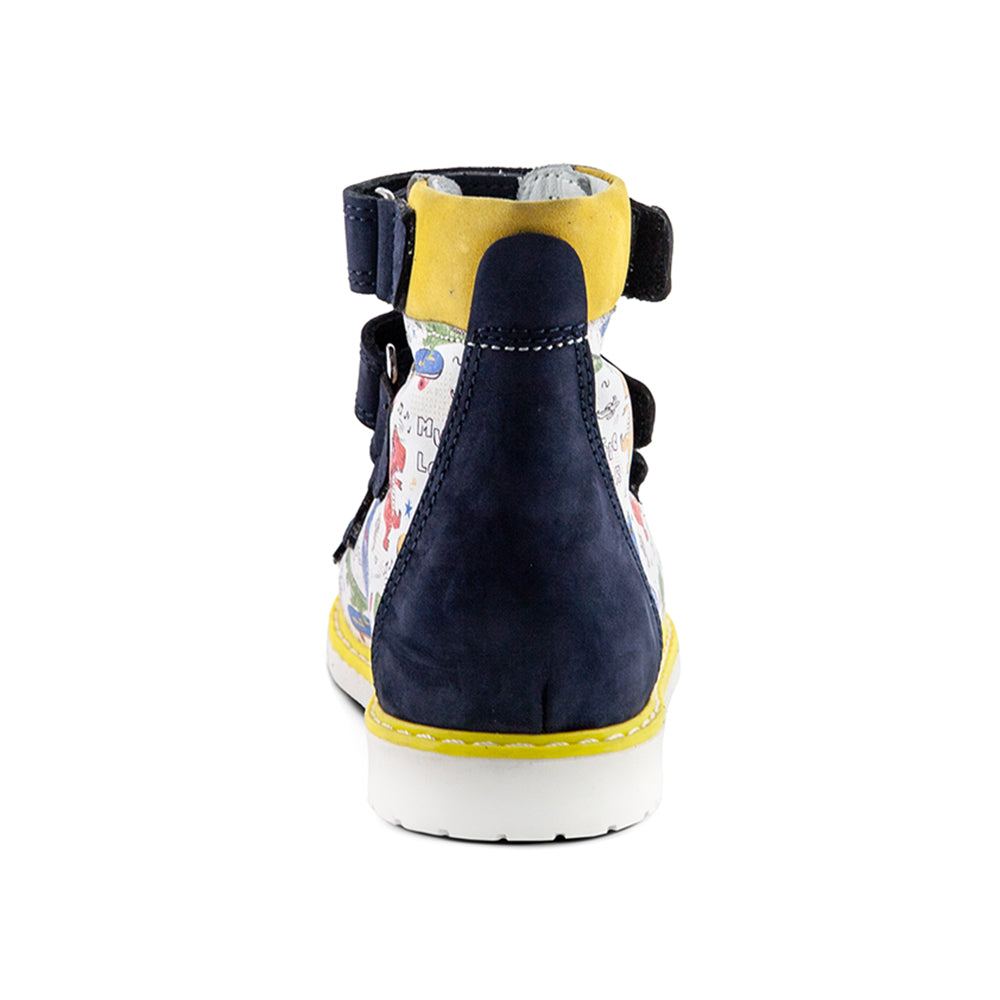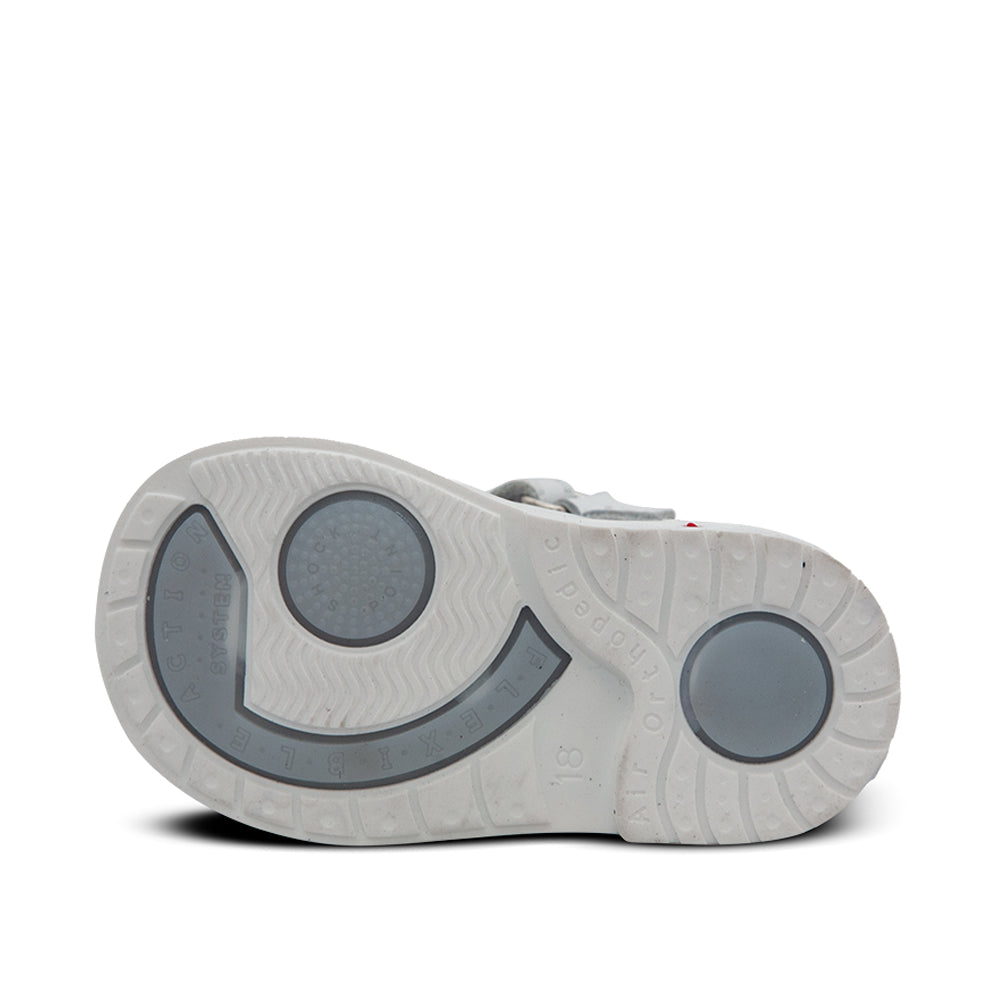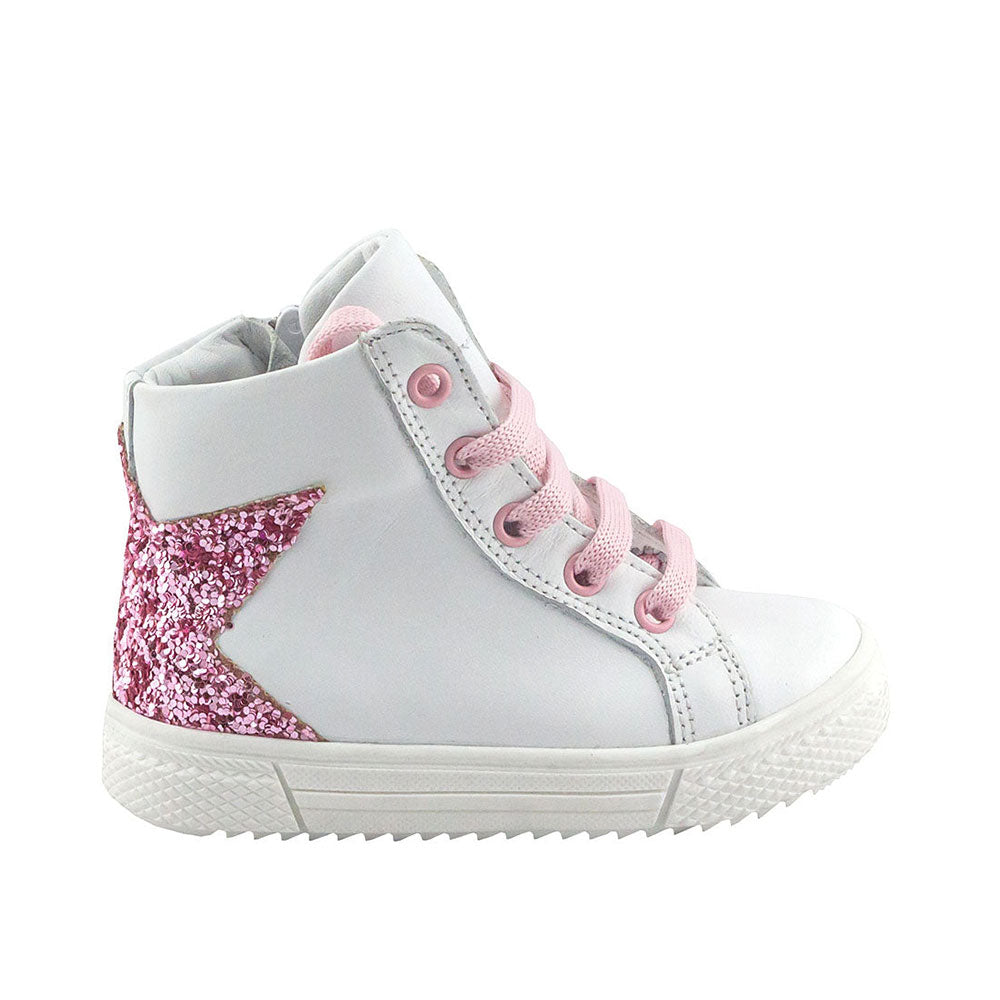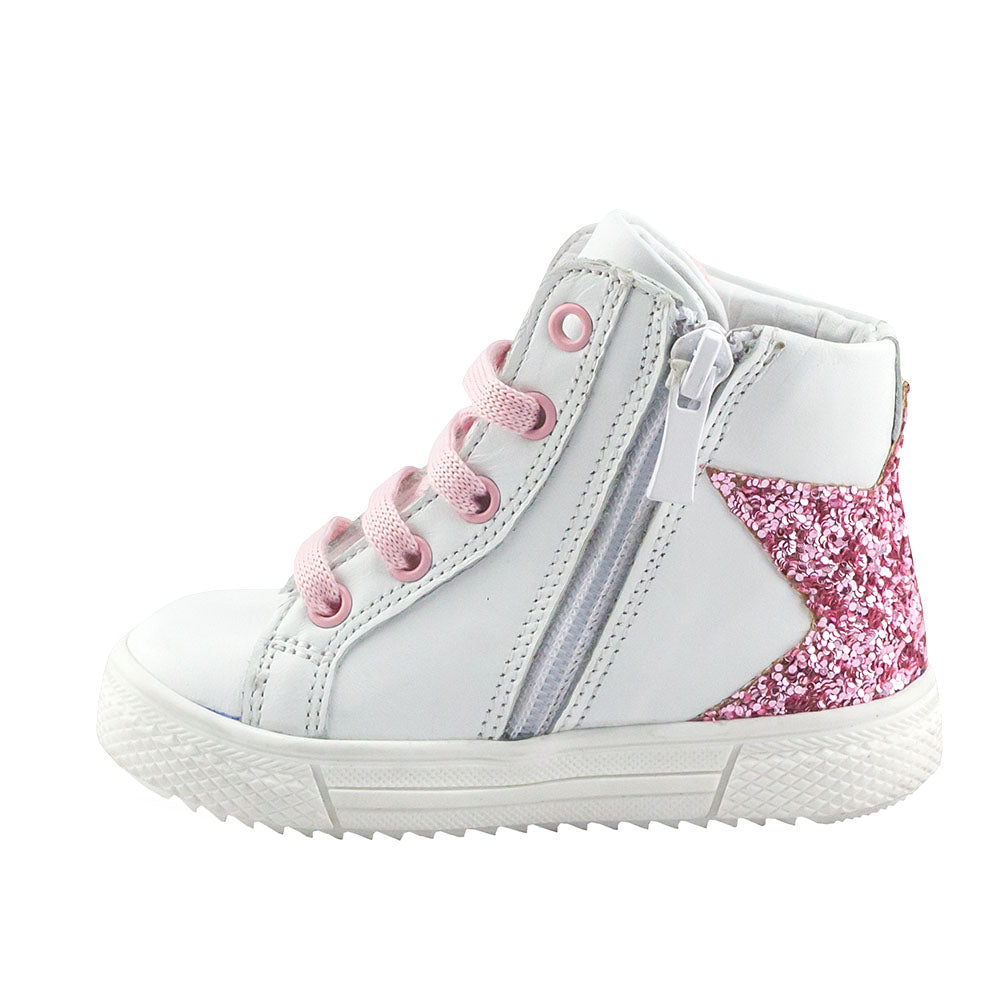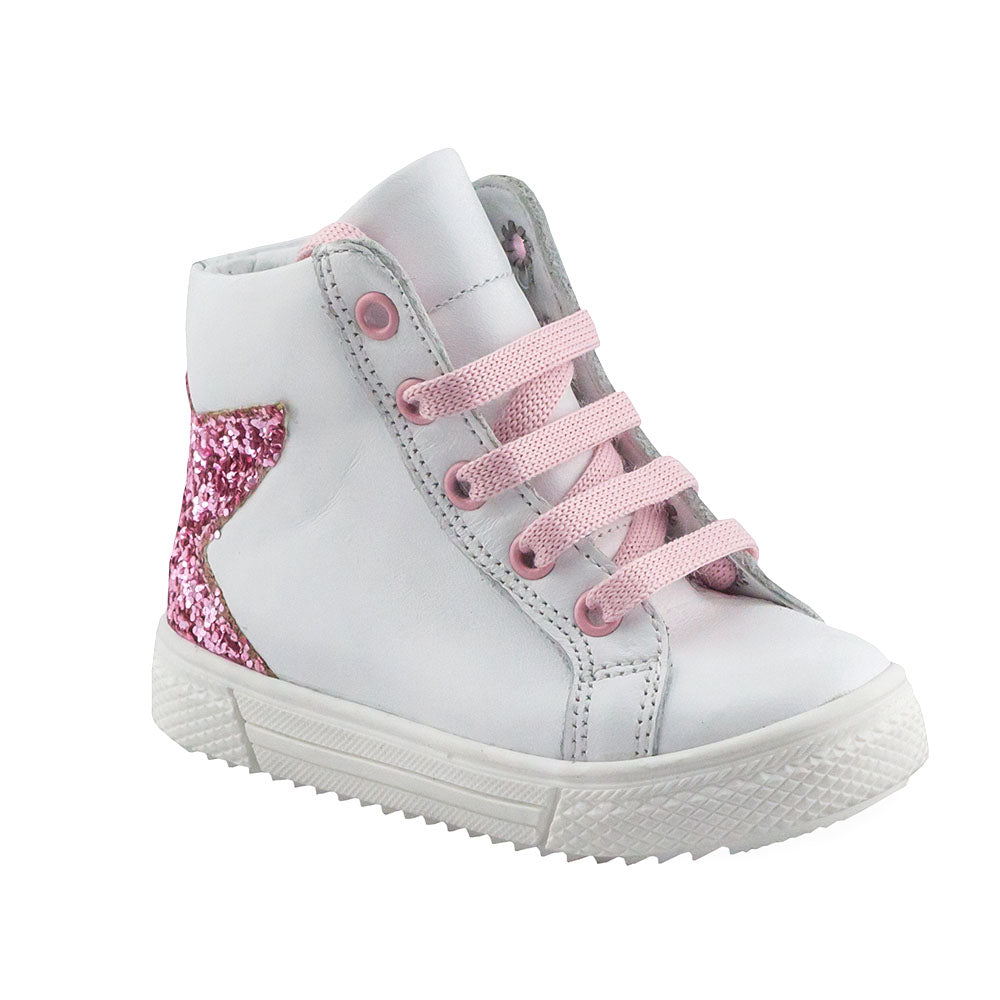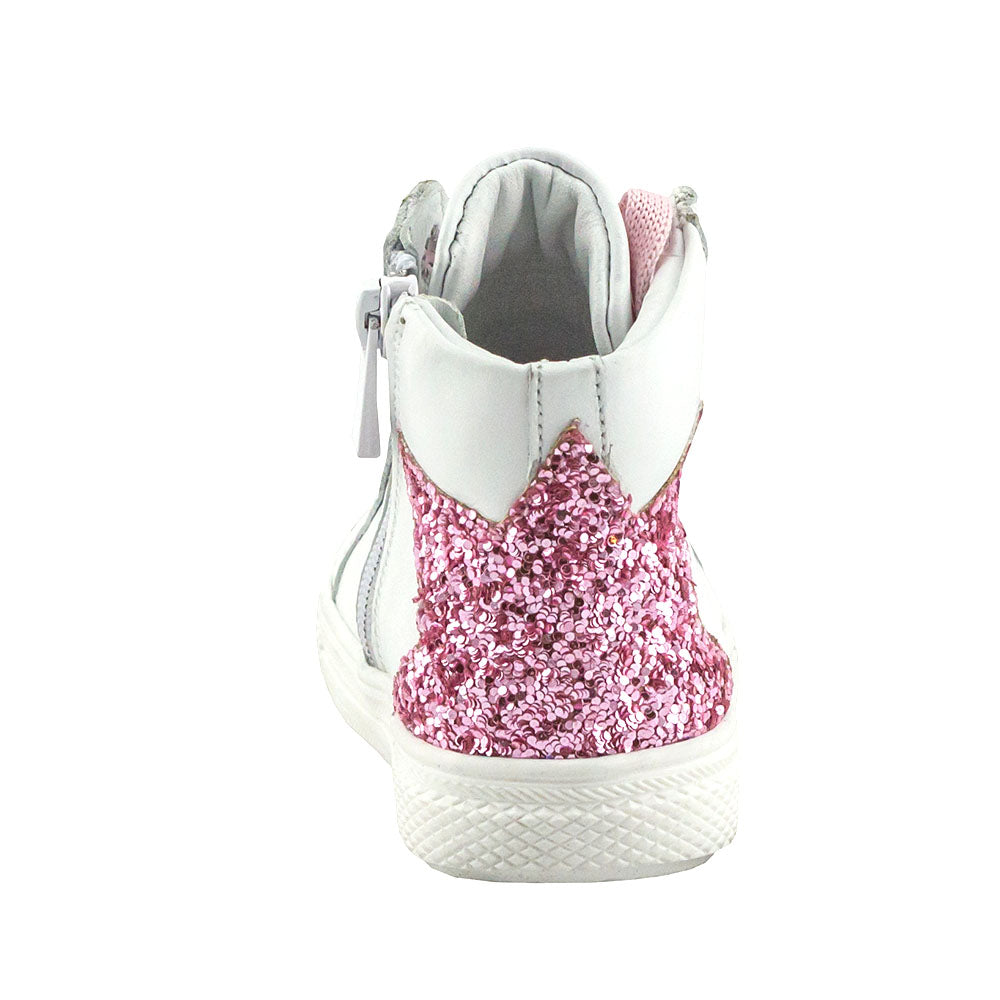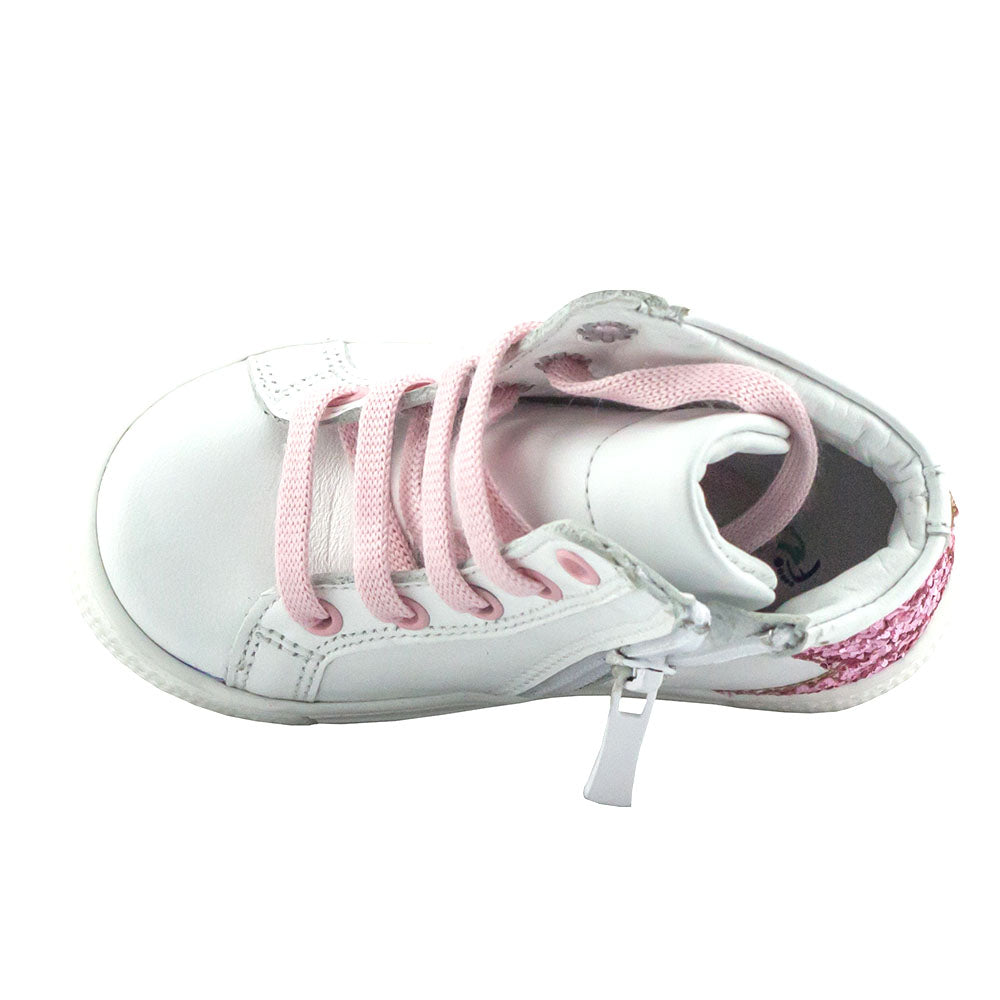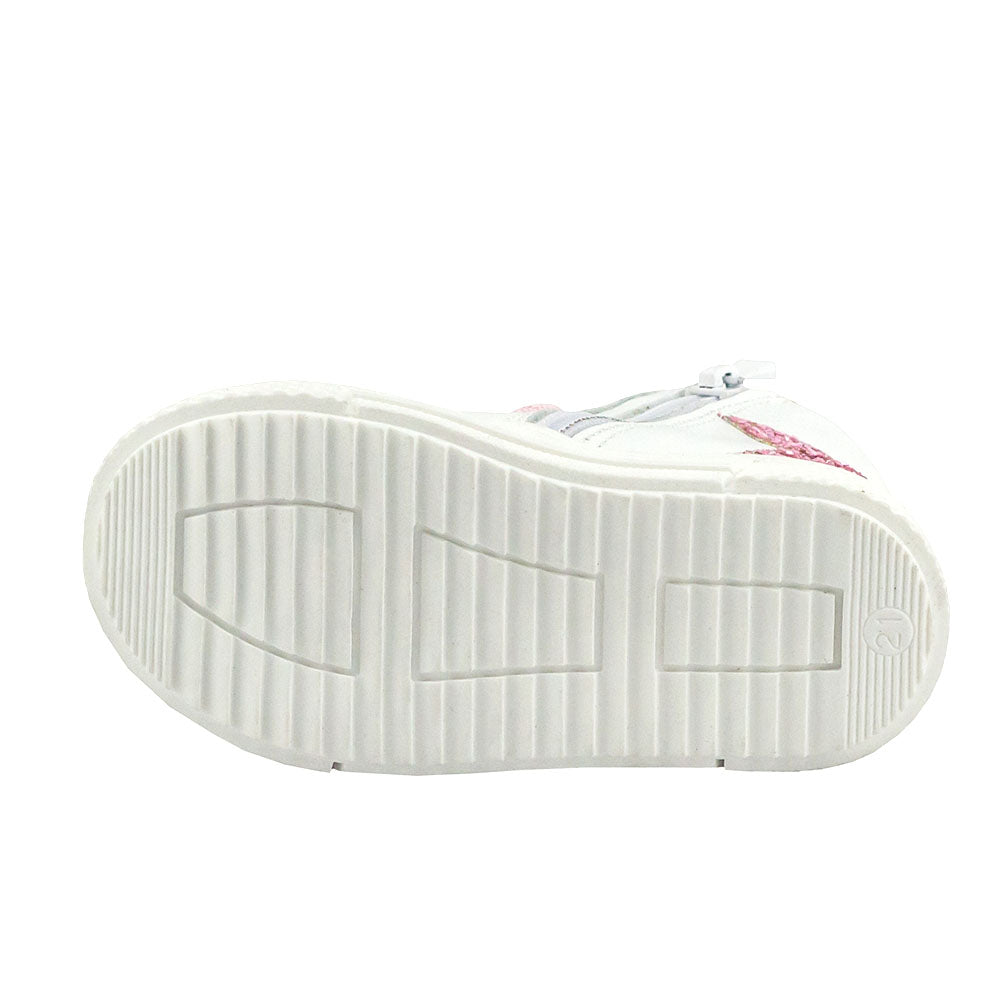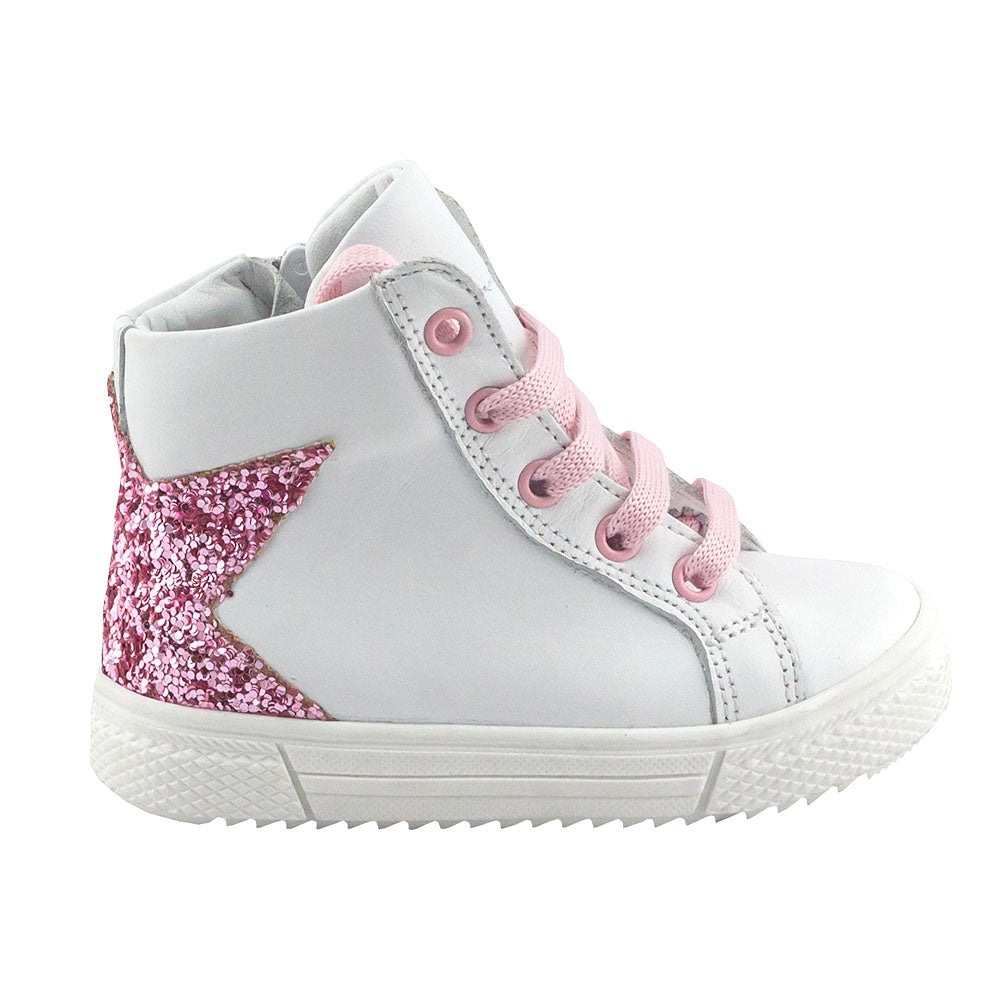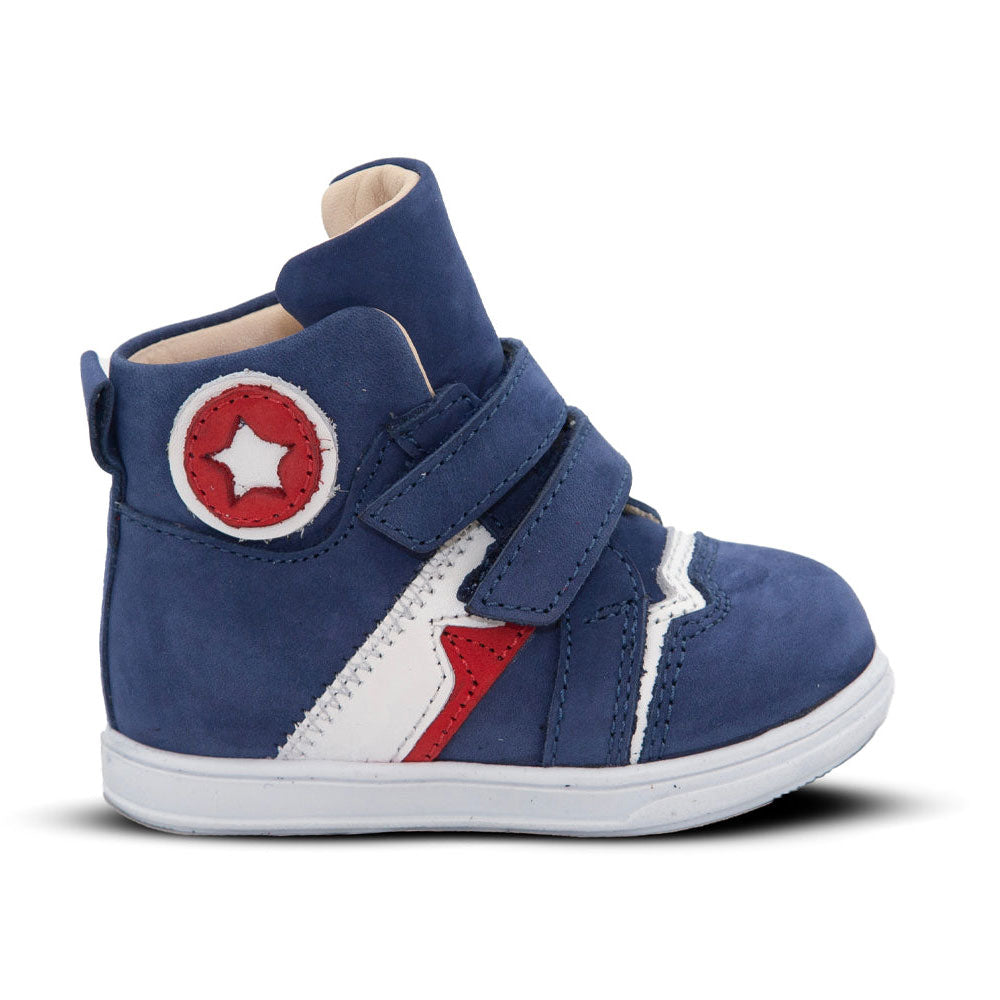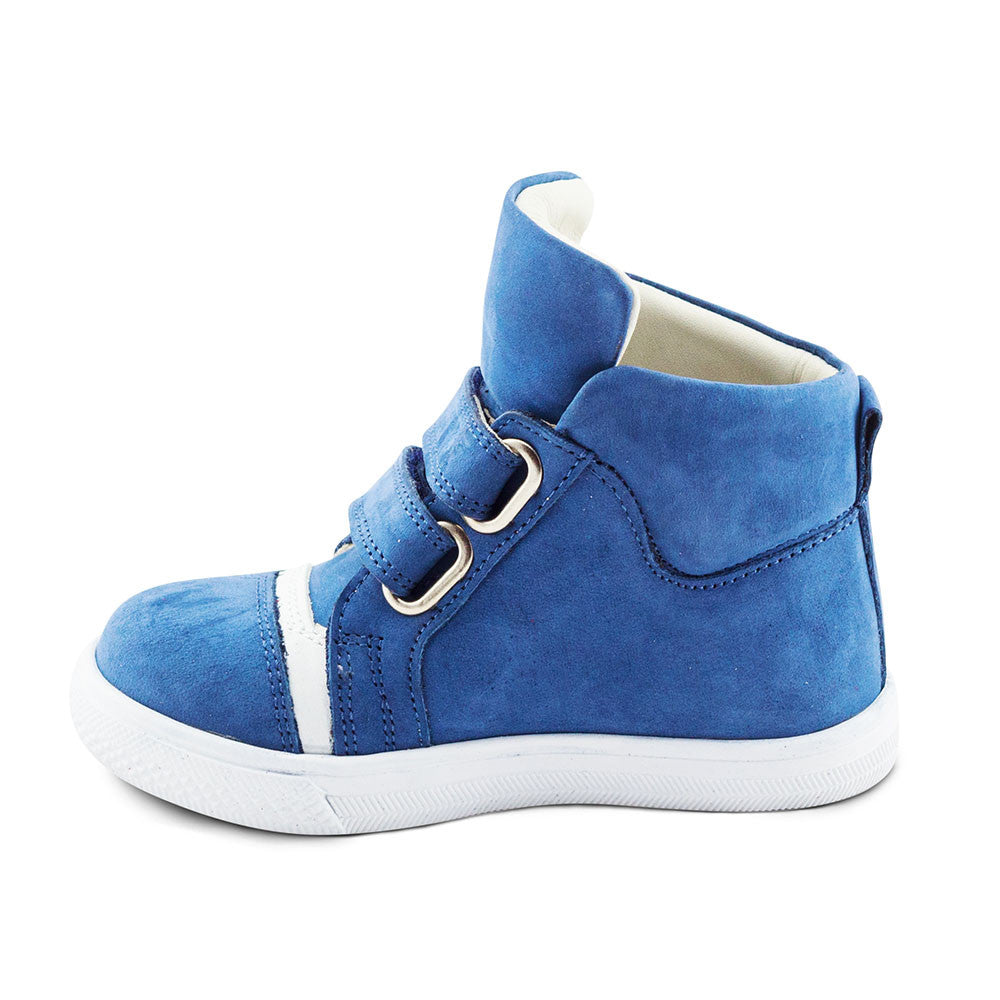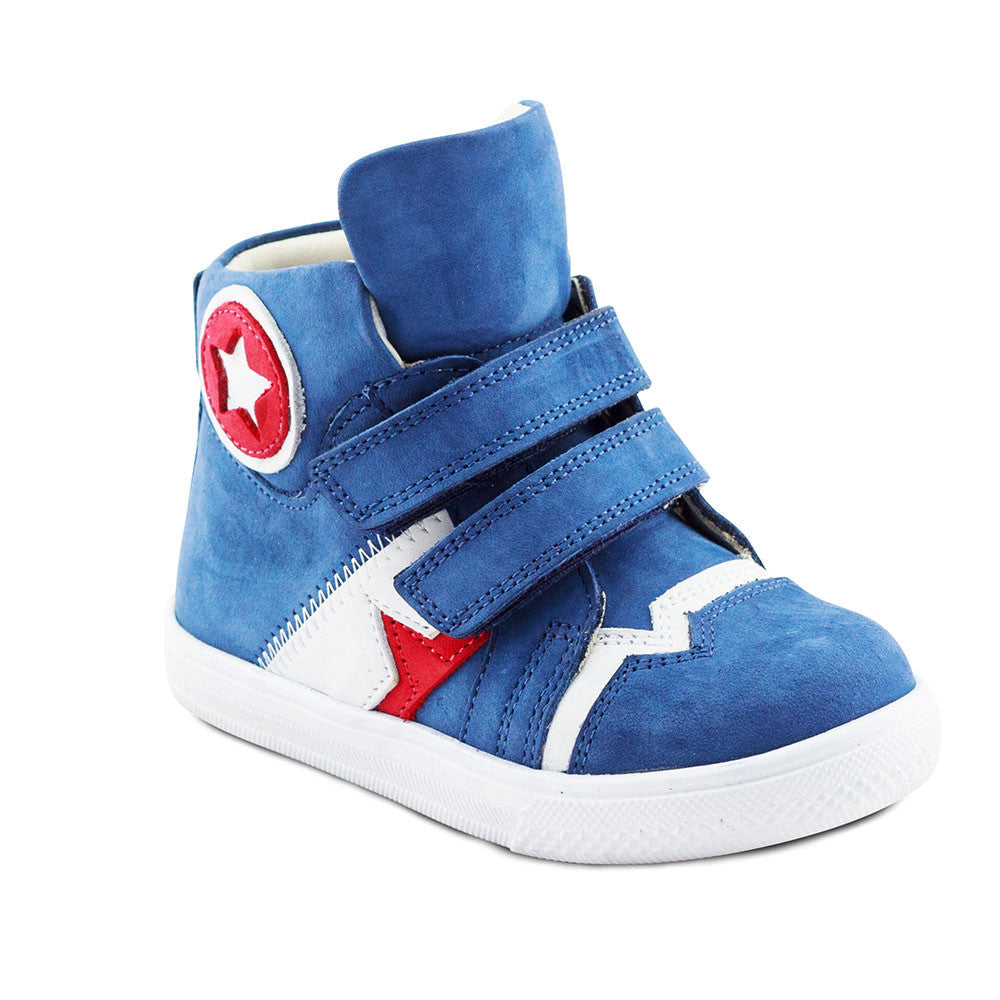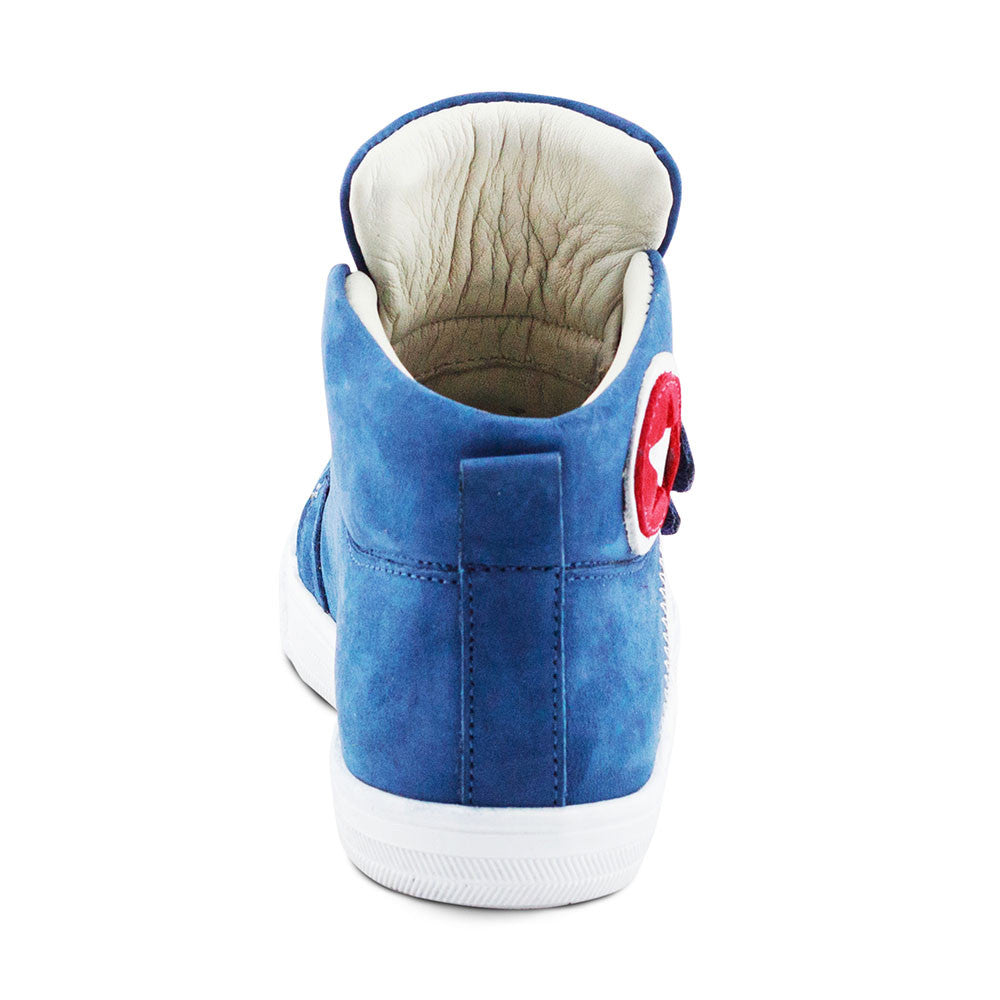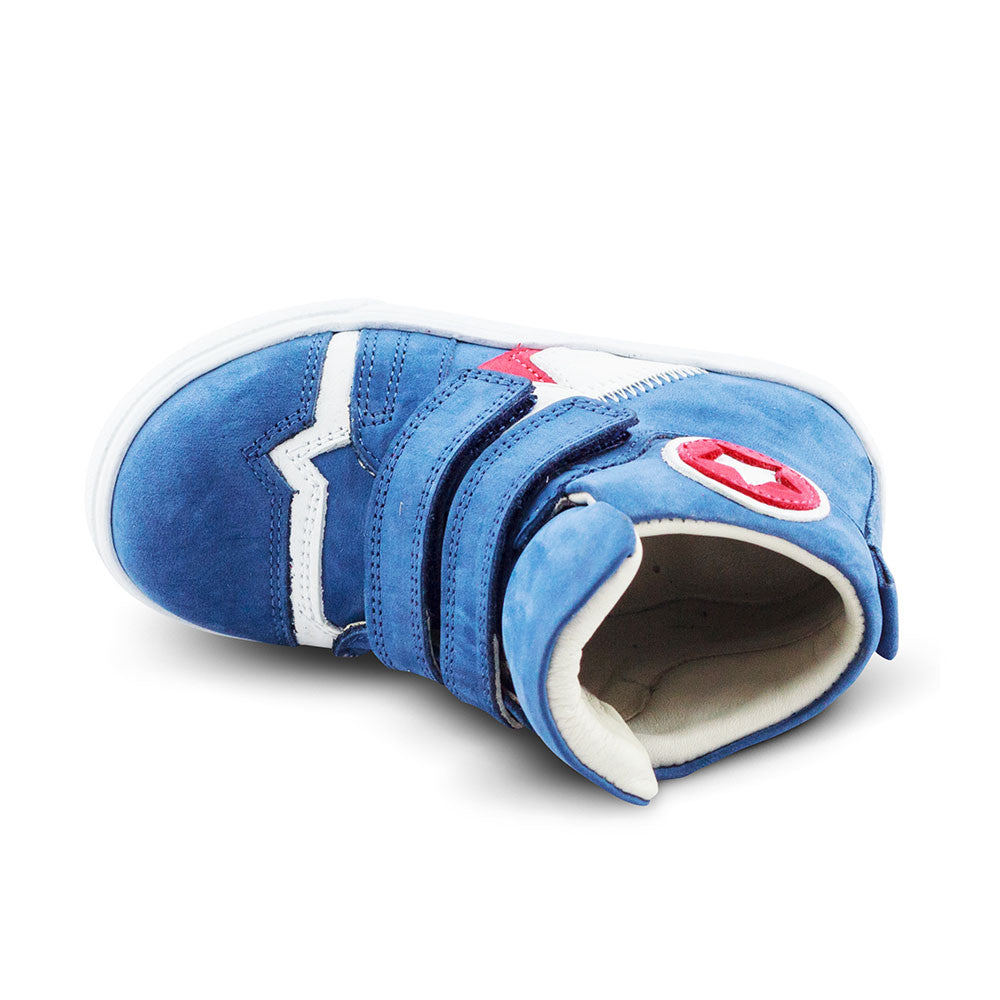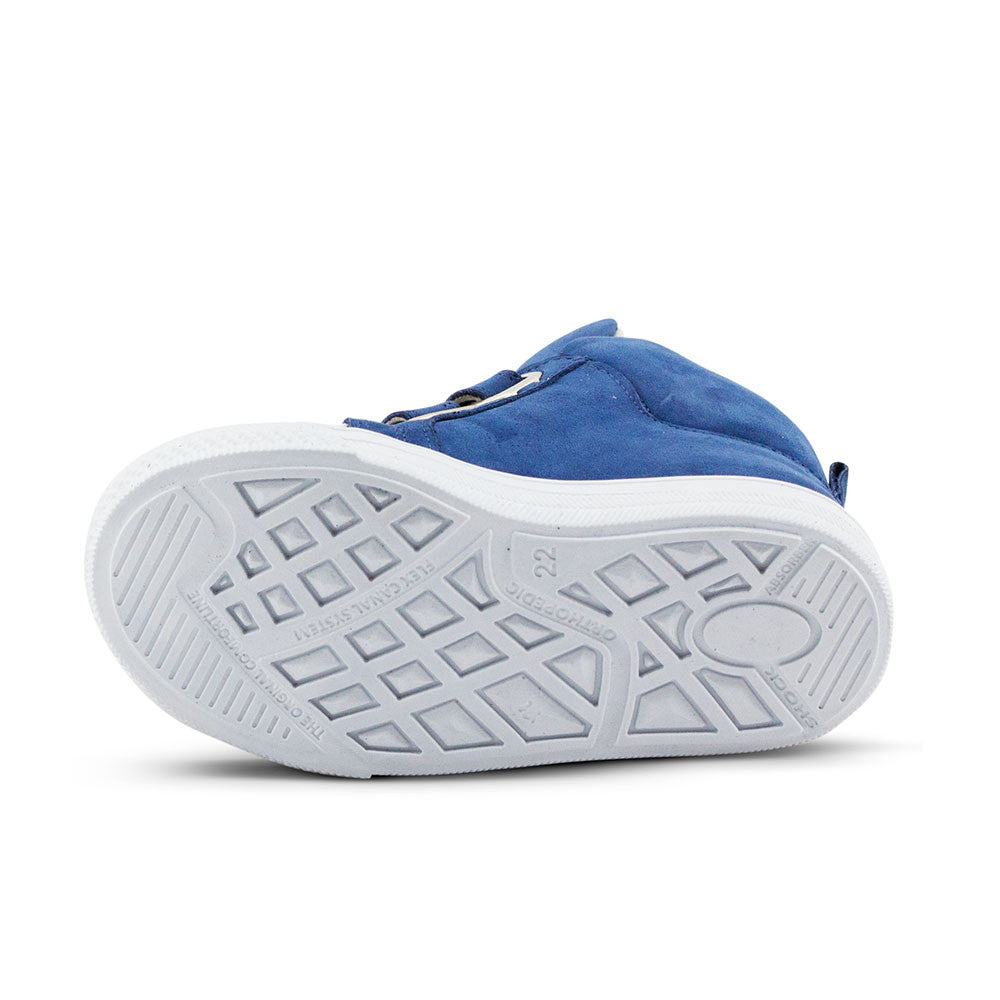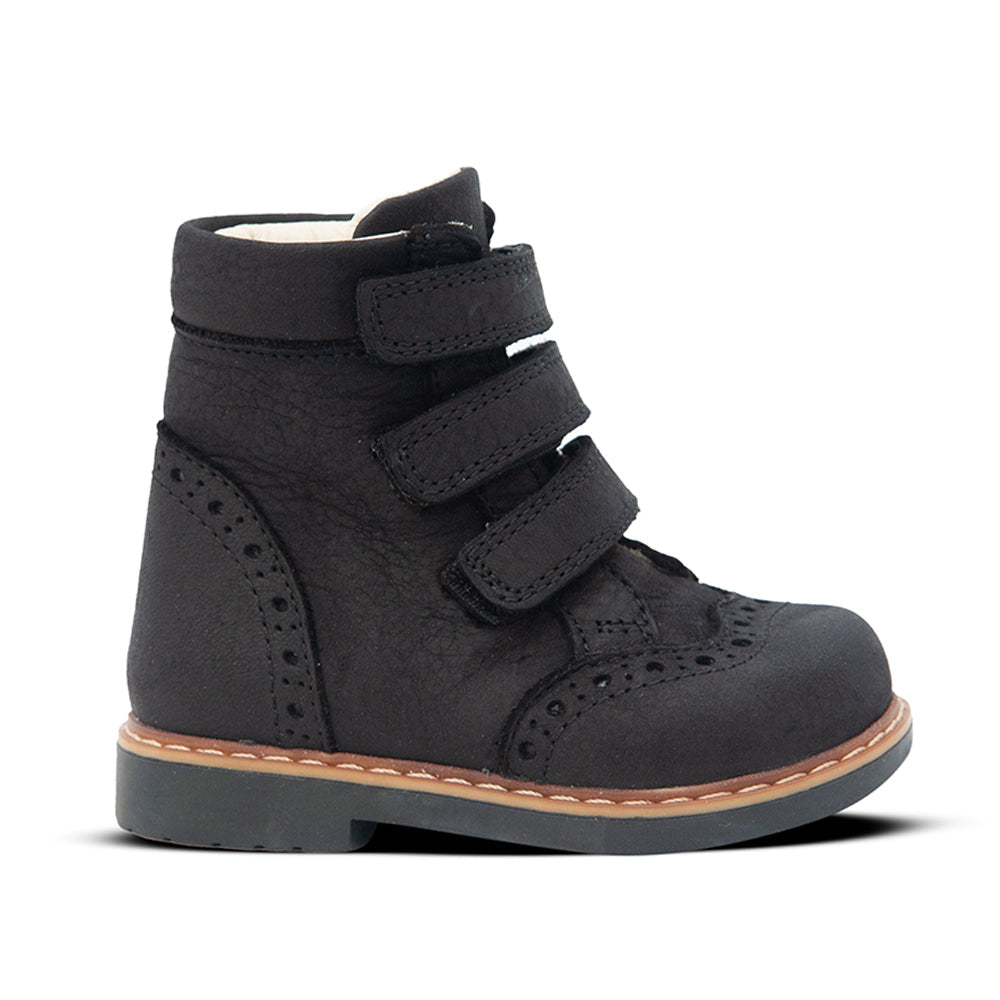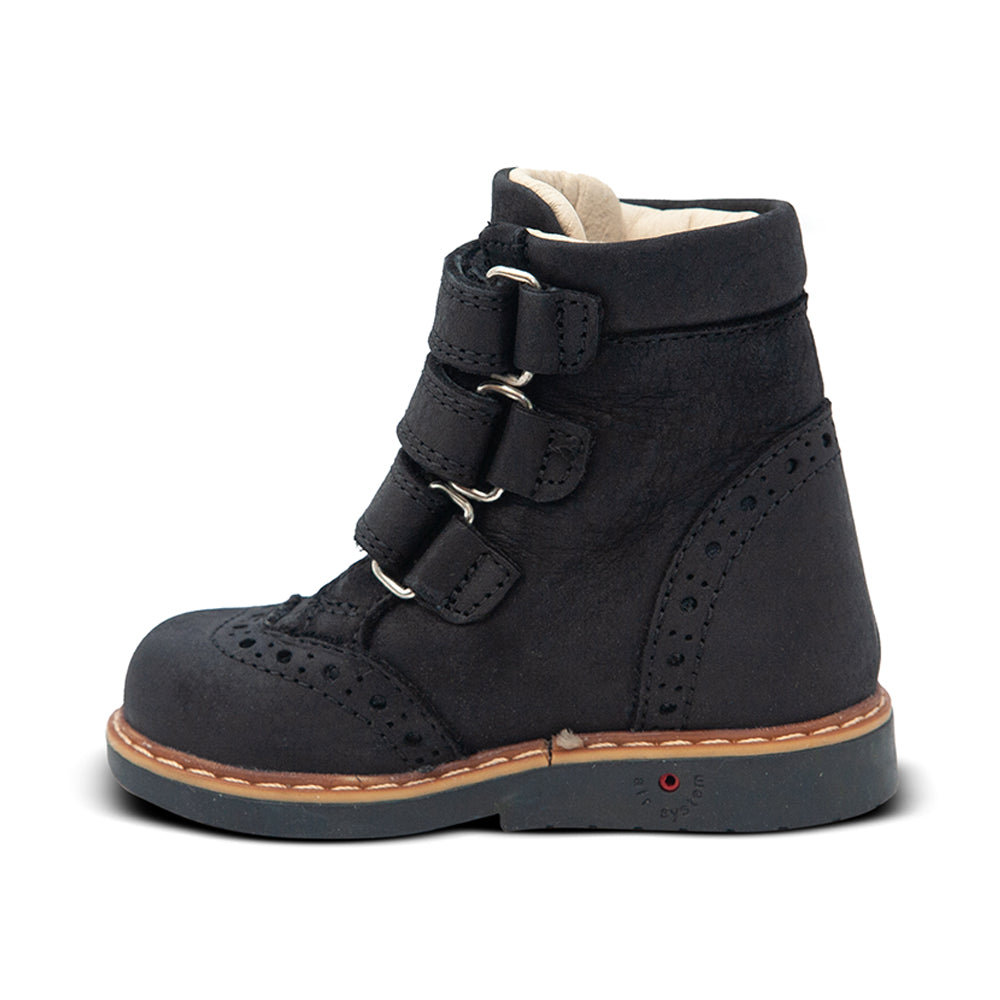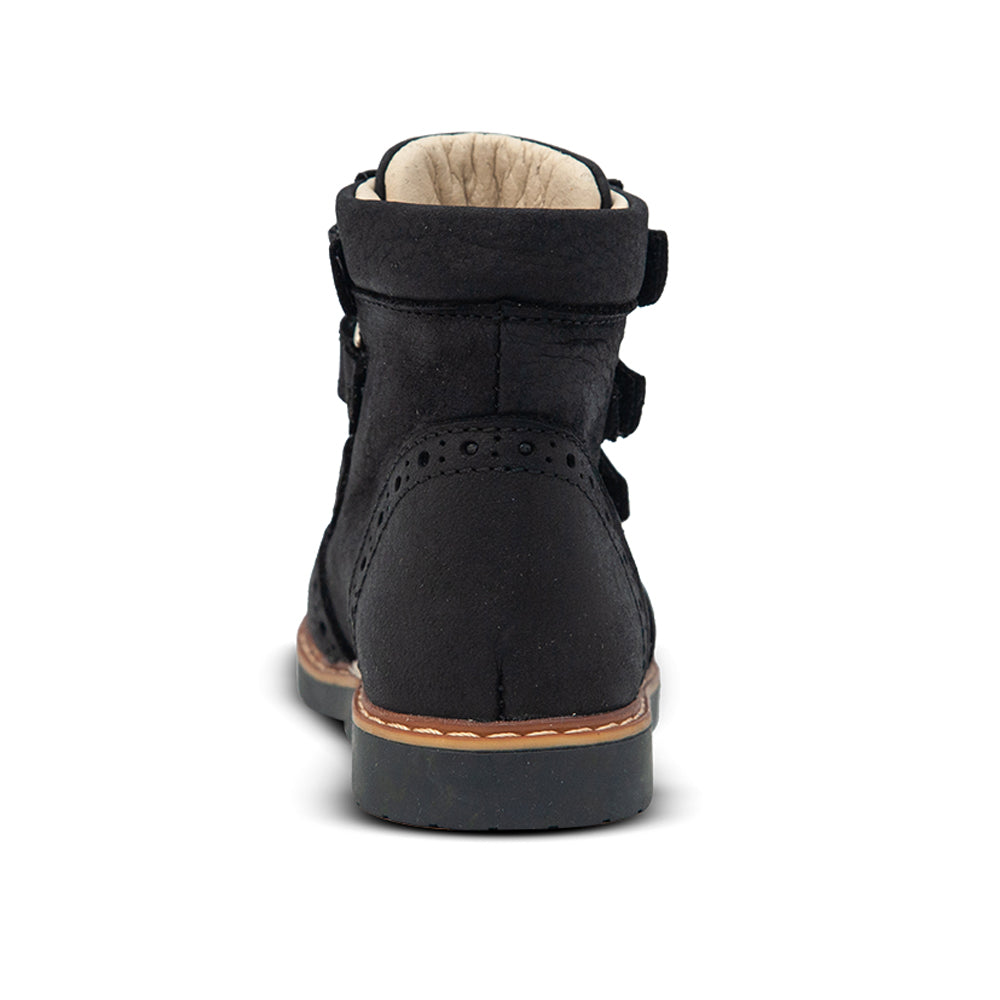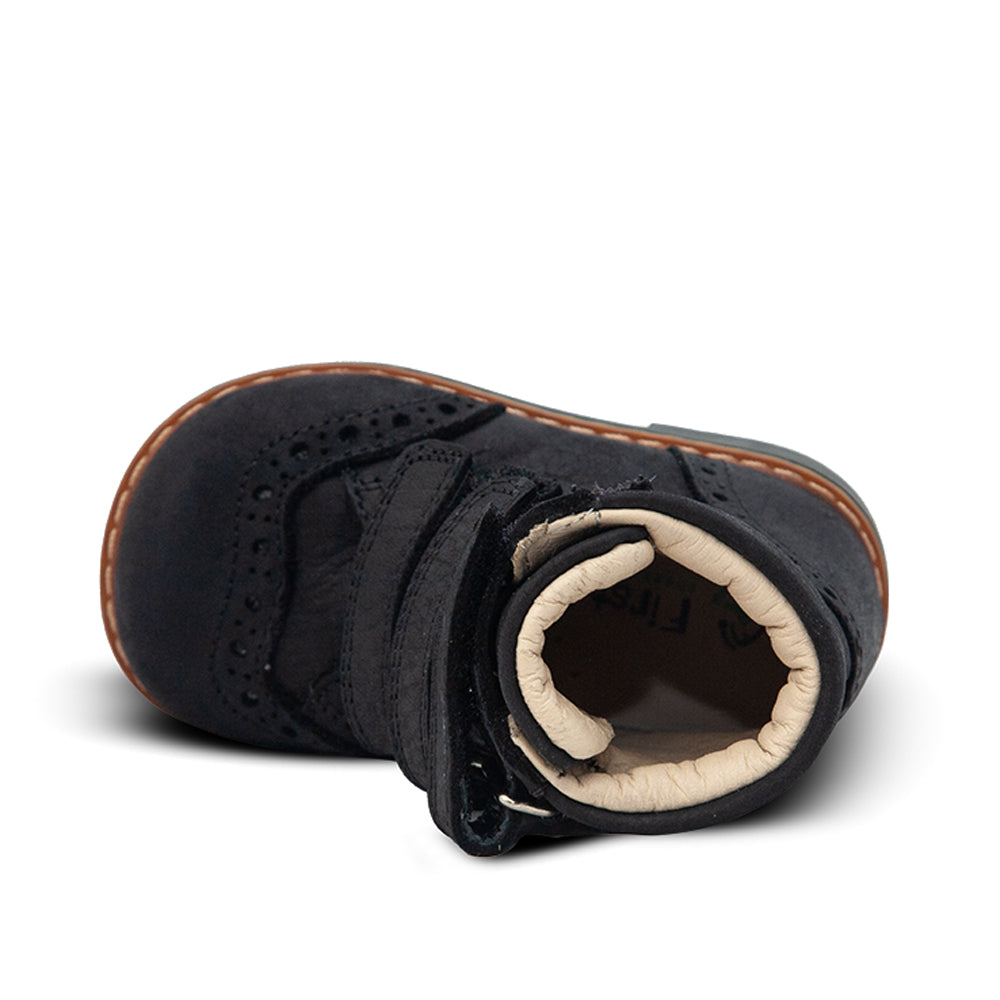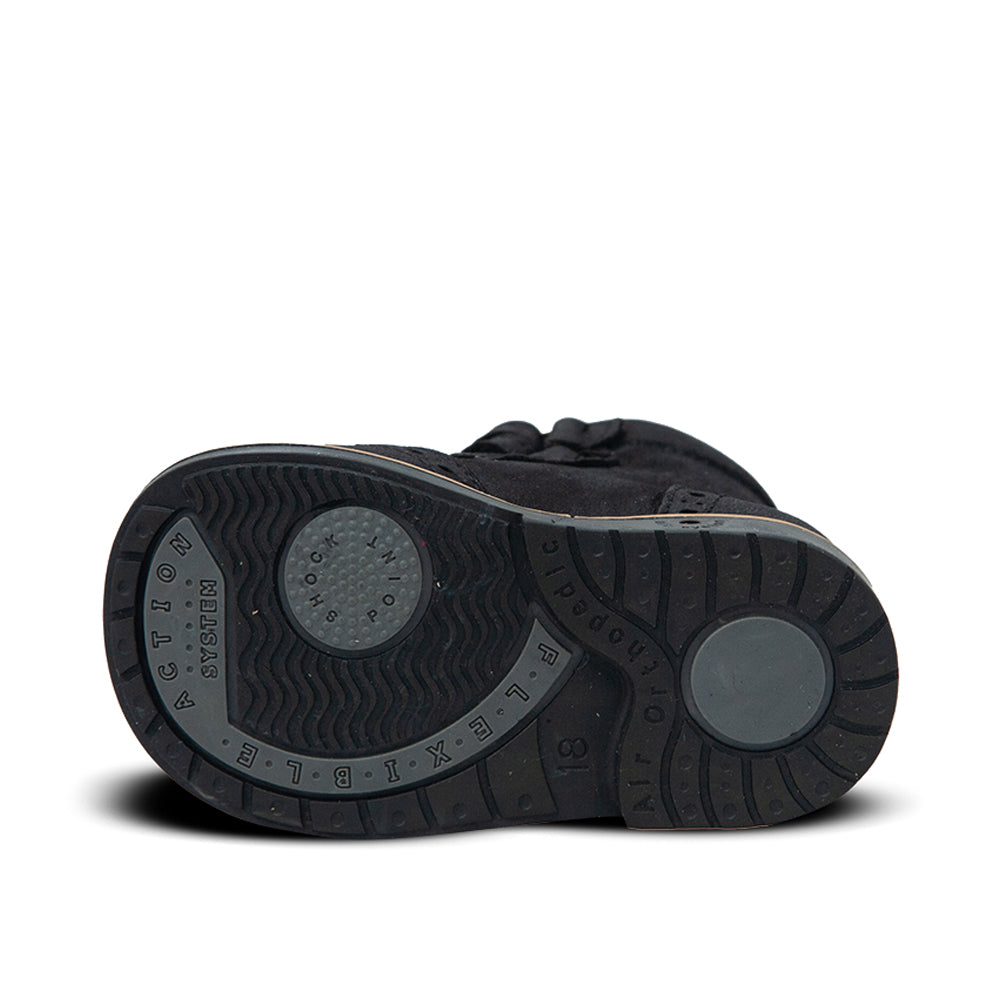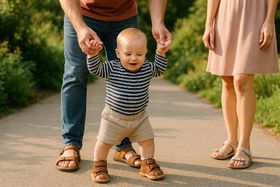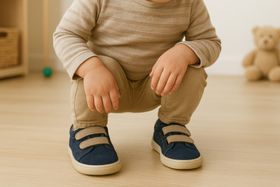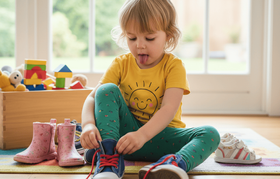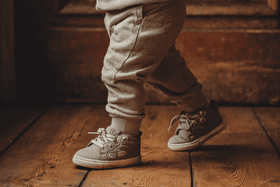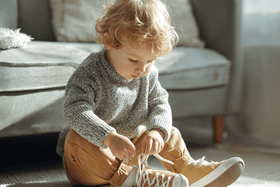10 Best Shoes for Kids With Sensory Issues: Find Comfort and Calm
Children with sensory processing issues need shoes with seamless interiors, adjustable closures, and breathable materials to prevent overstimulation. The best shoes help sensitive children tolerate footwear comfortably while supporting healthy development.
Published September 19, 2025
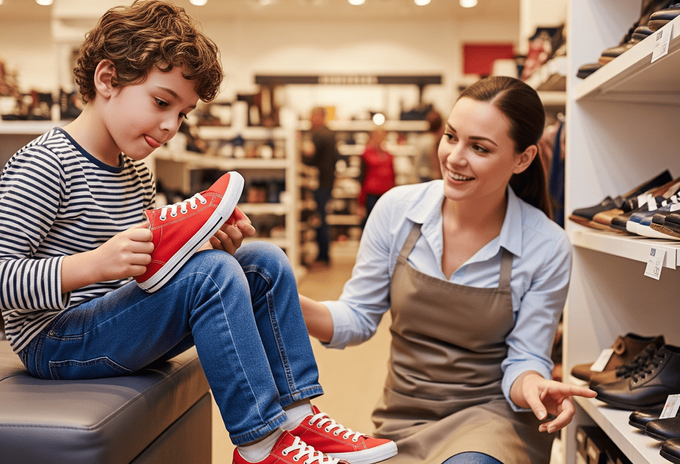
If your child melts down every morning when it's time to put on shoes, you're not alone. They complain that the seams hurt, everything feels too tight, or they spend all day trying to pull them off. You've tried different brands and sizes, but nothing seems to work.
This isn't about being picky or difficult. Your little one has sensory processing challenges that make regular shoes feel overwhelming. What feels perfectly normal to you can be genuinely unbearable for a child with sensory sensitivities.
The good news? Finding the right shoes can turn those morning battles into peaceful routines where getting dressed actually goes smoothly.
» Check out our in-depth guide on buying orthopedic shoes for your kid
Our Top Picks for Best Shoes for Kids With Sensory Issues
Understanding Sensory Processing Issues in Children
Children with sensory processing differences experience the world in their own unique way. Their nervous systems might be extra sensitive to touch, pressure, or movement, making everyday activities like wearing shoes feel really intense or uncomfortable [1].
These sensitivities often change as your child grows. Your toddler might refuse any shoe with seams or stiff parts because they feel too scratchy or hard. School-age children may say that even well-fitting shoes feel too tight because they're more sensitive to pressure than other kids.
When you understand what bothers your child most, you can find shoes that feel good instead of overwhelming their senses.
How Sensory Issues Affect Your Child's Development
When your child consistently can't wear shoes comfortably, they might miss out on outdoor play that helps strengthen their feet and improve their balance. This can affect their physical development in ways that aren't always obvious.
Uncomfortable shoes can change how your child walks. They might start walking on their toes, have a wide gait, shuffle their feet, or hold their body stiffly to reduce uncomfortable feelings. Over time, these different movement patterns can put stress on their joints and make them get tired more easily.
Children who struggle with shoe comfort often avoid playing outside with friends, which can affect their confidence and social connections, too.
» Discover the gross motor development milestones in preschoolers
What to Look for in Sensory-Friendly Shoes
When you're shopping for shoes that work better for your sensitive child, these features can make a huge difference:
- Smooth Interiors: Look for shoes with minimal seams or completely smooth linings that eliminate those poking sensations your child complains about. This prevents the friction that irritates sensitive skin.
- Flexible, Lightweight Design: Shoes that bend easily and don't feel heavy let your child's feet move naturally without feeling trapped. This reduces that restricted feeling while supporting healthy movement.
- Gentle, Adjustable Closures: Shoes with wide Velcro straps or elastic laces provide even pressure without creating tight spots. These work better than traditional laces that can squeeze too much in some areas.
- Breathable, Soft Materials: Natural fabrics and mesh panels keep feet cool while soft linings eliminate scratchy sensations. This prevents the overheating that makes shoes feel sticky and uncomfortable.
- Roomy Toe Box with Gentle Support: Give your child's toes room to move naturally while gentle padding protects sensitive spots without feeling restrictive or overwhelming.
What Bothers Sensitive Kids in Regular Shoes
Several things in typical shoes commonly cause problems for sensitive children:
- Raised seams can feel really rough and irritating against their skin - what feels like a minor bump to you might feel sharp and painful to them.
- Stiff soles and rigid materials can create a trapped or squeezed feeling that sensitive children experience as painful pressure. This often leads to walking patterns that look different from other kids.
- The sound of Velcro can be startling, while tight laces create pressure spots that feel overwhelming.
- Heavy shoes make every step feel clumsy and tiring for children who are sensitive to how their bodies move.
- Poor airflow from synthetic materials traps heat and moisture, creating that sticky feeling many sensitive children find really unpleasant.
» Find out when your kid should start wearing soft-soled shoes
Top 10 Best Shoes for Kids With Sensory Issues
How Sensory Needs Change as Your Child Grows
Your child's sensitivities will likely change as they get older, which means the shoes that work for them need to change, too. A toddler who won't wear any structured shoes might be okay with firmer soles by school age, but then become more bothered by heat or pressure instead.
Preteens often want shoes that look like what their friends are wearing while still needing the comfort features that help them. You'll need to find options that balance their sensory needs with wanting to fit in, starting with those seamless, lightweight basics and moving toward more supportive designs that are both comfortable and durable.
Regular check-ins help make sure your child's shoes are still working for them as their needs change over time.
Supporting Your Child's Sensory Journey
Remember that your child's sensitivities are real differences in how their nervous system works. They're not being difficult or picky. When they say no to certain shoes, they're telling you about genuine discomfort that feels overwhelming to them.
The right socks can make a huge difference, too. Seamless, soft cotton or bamboo socks create a smoother layer between their skin and the shoe, which can dramatically improve comfort for sensitive kids.
When possible, include your child in picking out shoes. Let them touch the materials and tell you what feels good or bad. This helps build their trust and makes sure you're addressing what actually bothers them most.
» Find out why your kid might be walking on their toes
Finding the Right Sensory Shoes for Your Child
Choosing the best shoes for kids with sensory issues means understanding your child's unique sensitivities and finding footwear designed specifically for their needs. The right sensory shoes transform daily struggles into comfortable experiences.
First Walkers creates shoes for kids with sensory issues that combine sensory-friendly features with proper developmental support. Your child deserves footwear that works with their nervous system, not against it.
If you're looking for one standout option, the Dainty Luke sandals are our top pick for most children with sensory sensitivities. These seamless comfort sandals provide the gentle, breathable design that sensitive children need while offering the developmental support essential for healthy growth.
References
- Arky, B. (2025, June 20). Sensory processing issues explained. Child Mind Institute. https://childmind.org/article/sensory-processing-issues-explained/
Disclaimer: First Walkers' information is intended for educational and informational purposes related to toddler footwear and feet. We encourage you to consider individual circumstances and consult qualified orthopedists about specific conditions.
FAQs
Do sensory sensitivities change over time?
Yes, sensory sensitivities often evolve as children's nervous systems mature. A child may initially resist structured shoes but later tolerate firmer support while developing new sensitivities to other aspects like heat or pressure.
Can the type of socks affect sensory comfort?
Absolutely. Socks create the direct barrier between skin and shoe, so seamless, soft materials can dramatically improve comfort while rough textures or thick seams can amplify discomfort even in well-designed shoes.
How do I know if my child needs sensory-friendly shoes?
Watch for frequent complaints about shoes feeling "wrong," attempts to remove shoes constantly, meltdowns when putting on footwear, or walking differently to avoid shoe discomfort.
Can sensory shoe issues affect my child's development?
Yes, persistent avoidance of appropriate footwear can limit outdoor activities essential for foot muscle development, balance, and social participation with peers.

